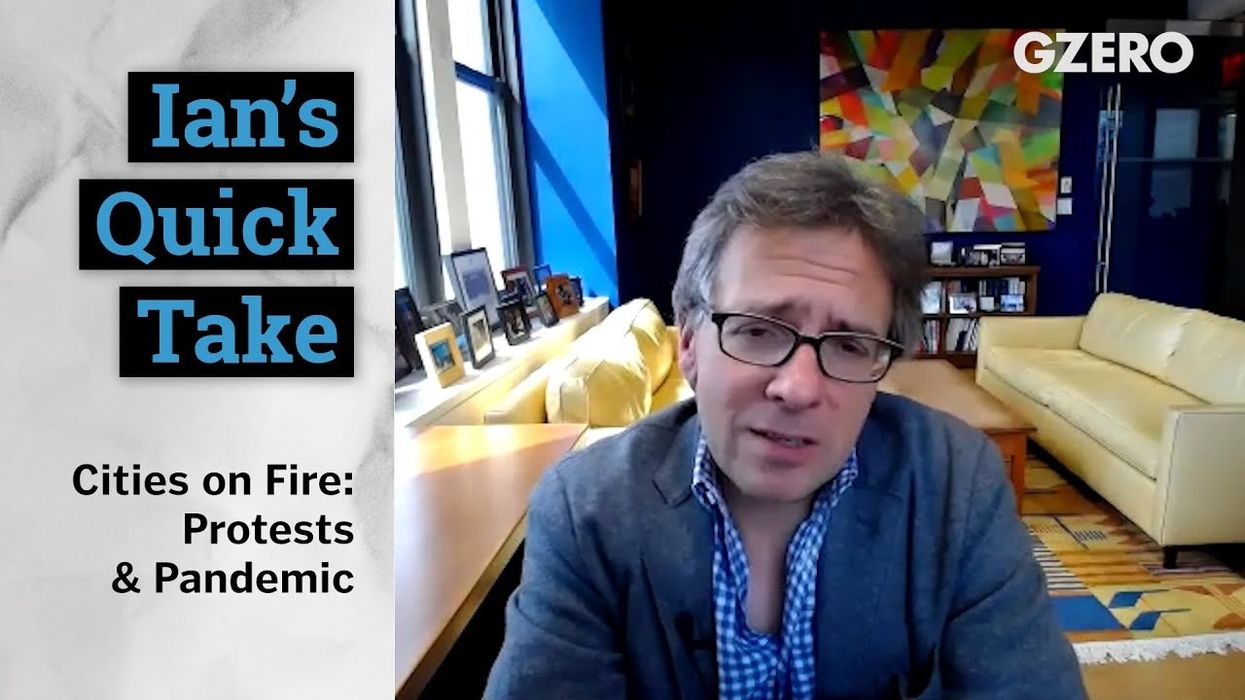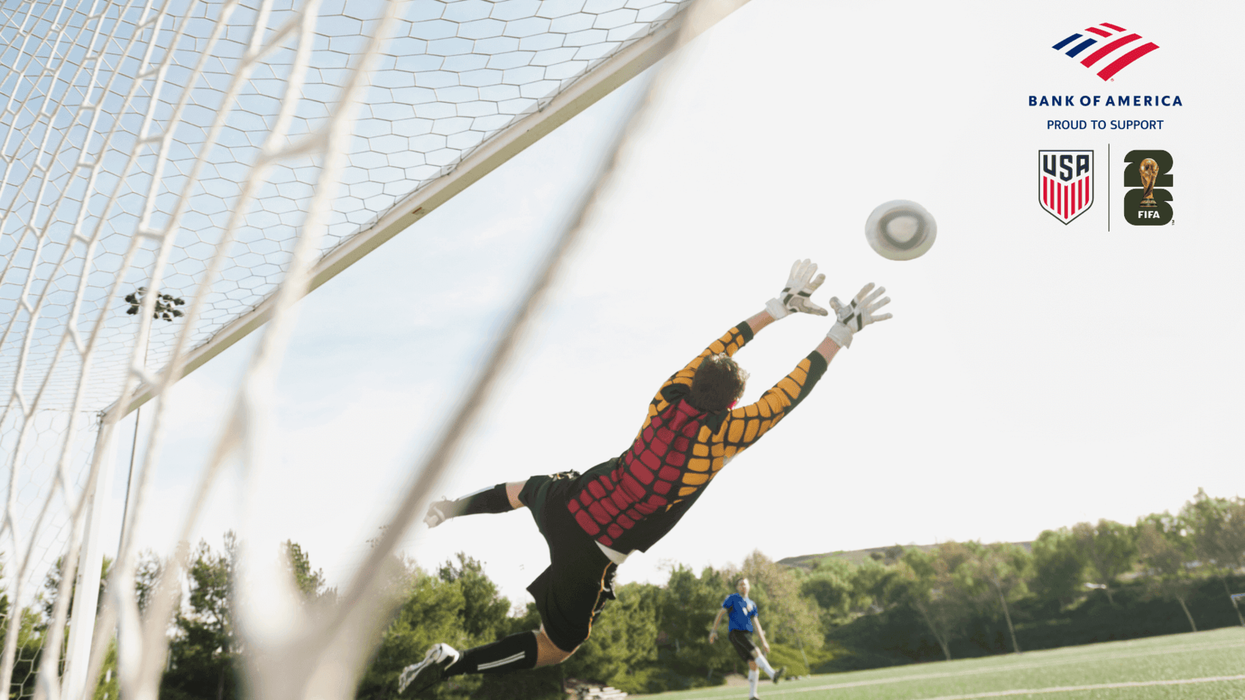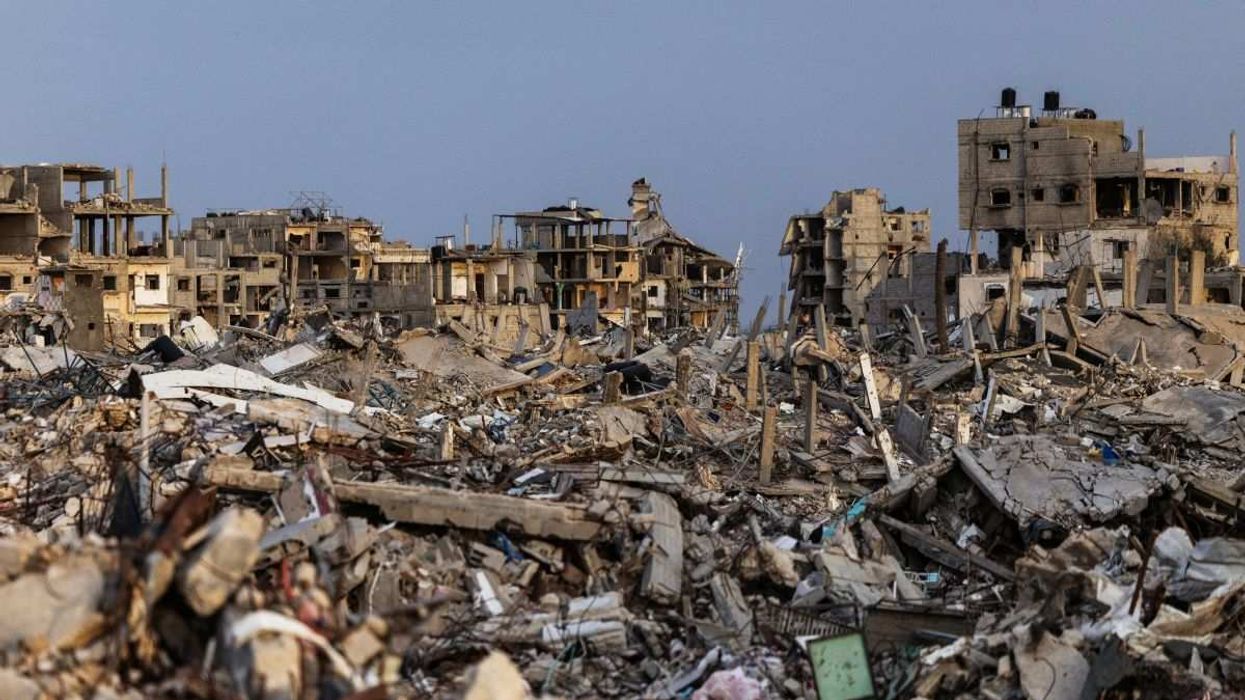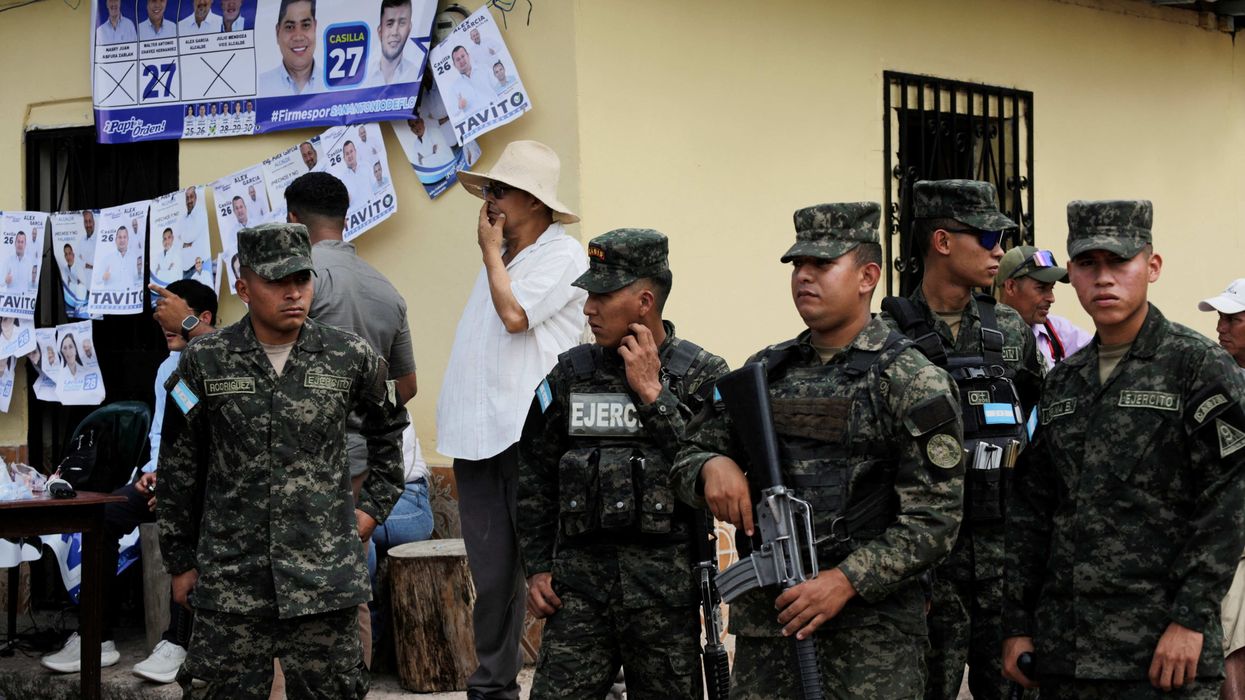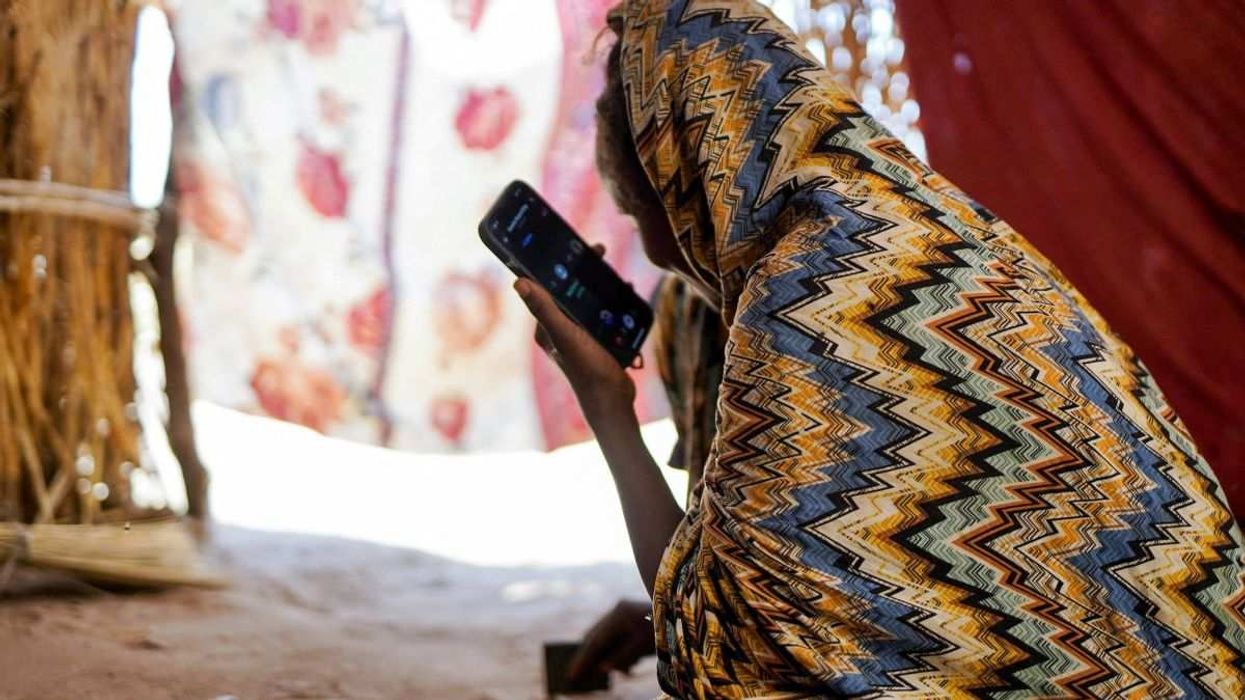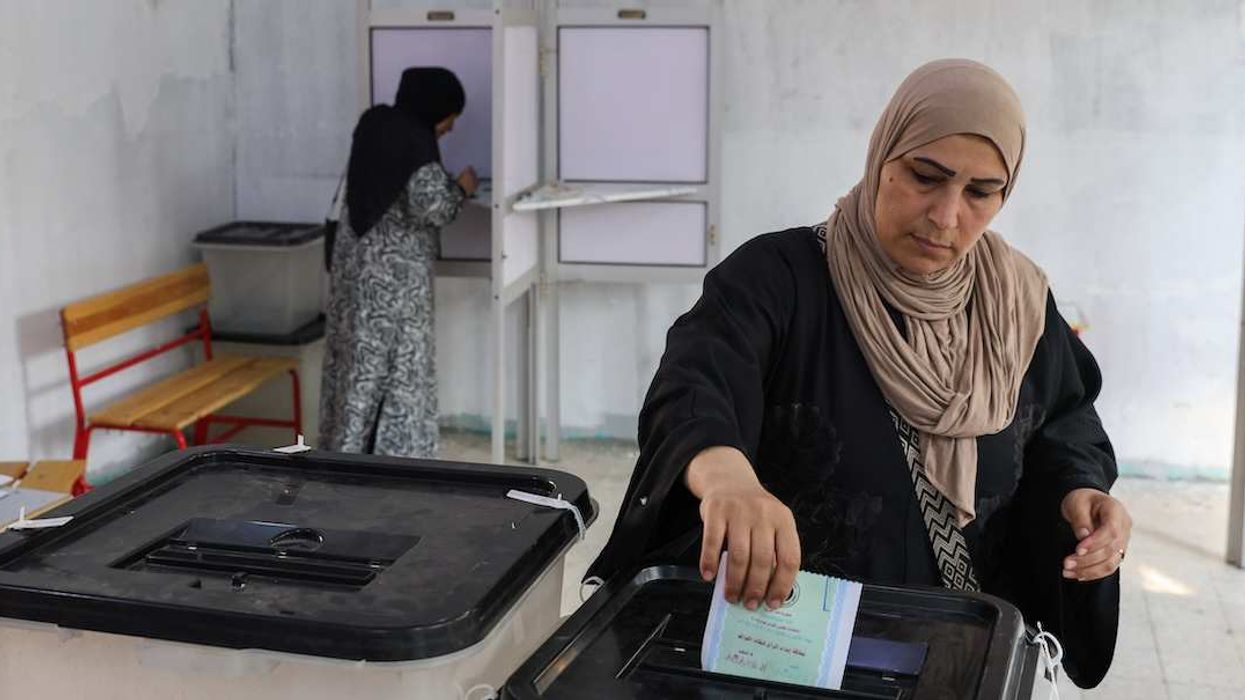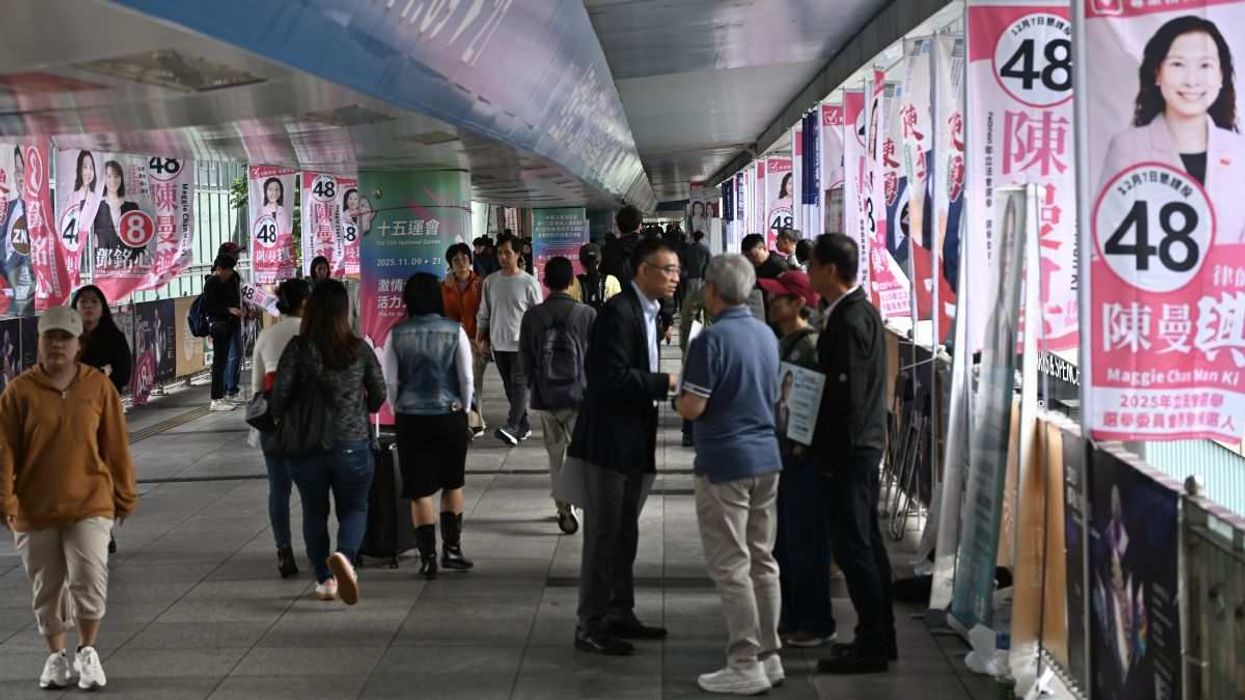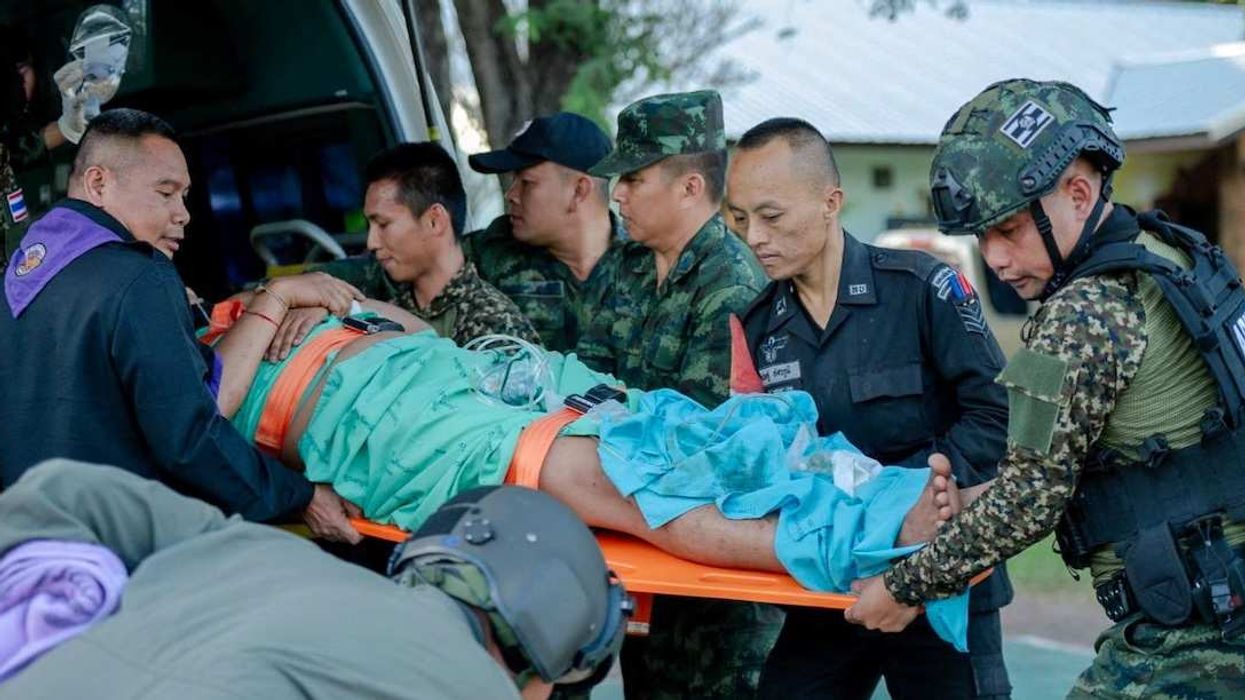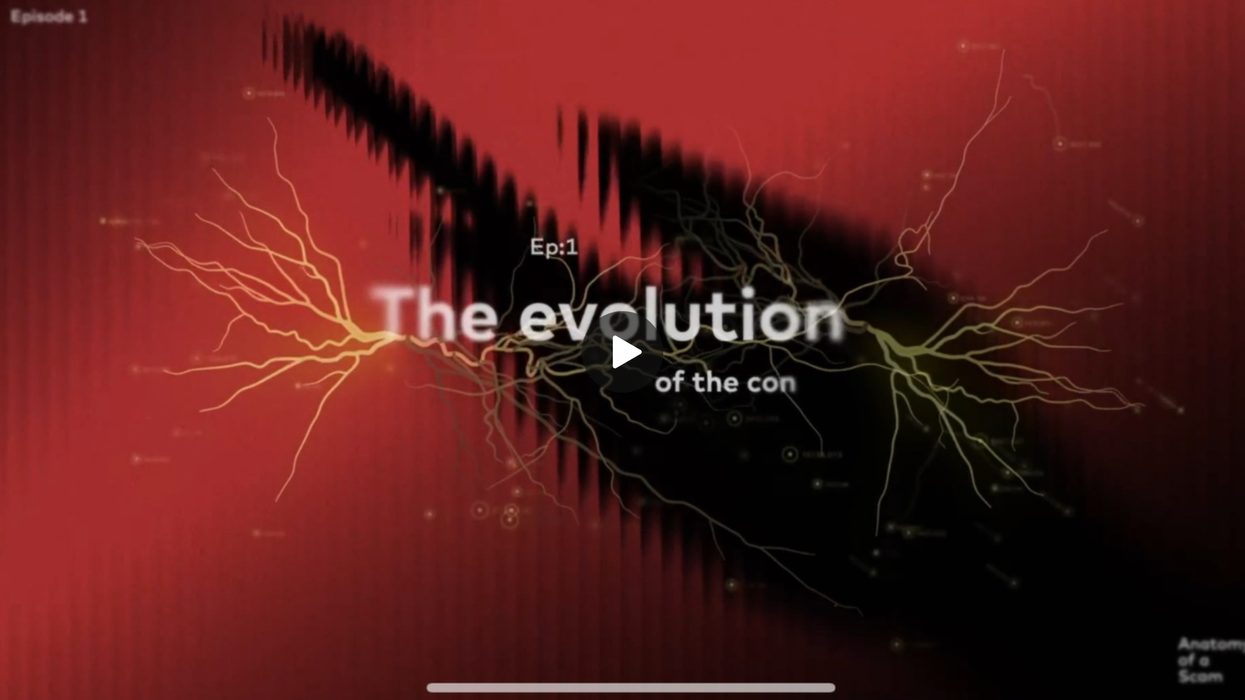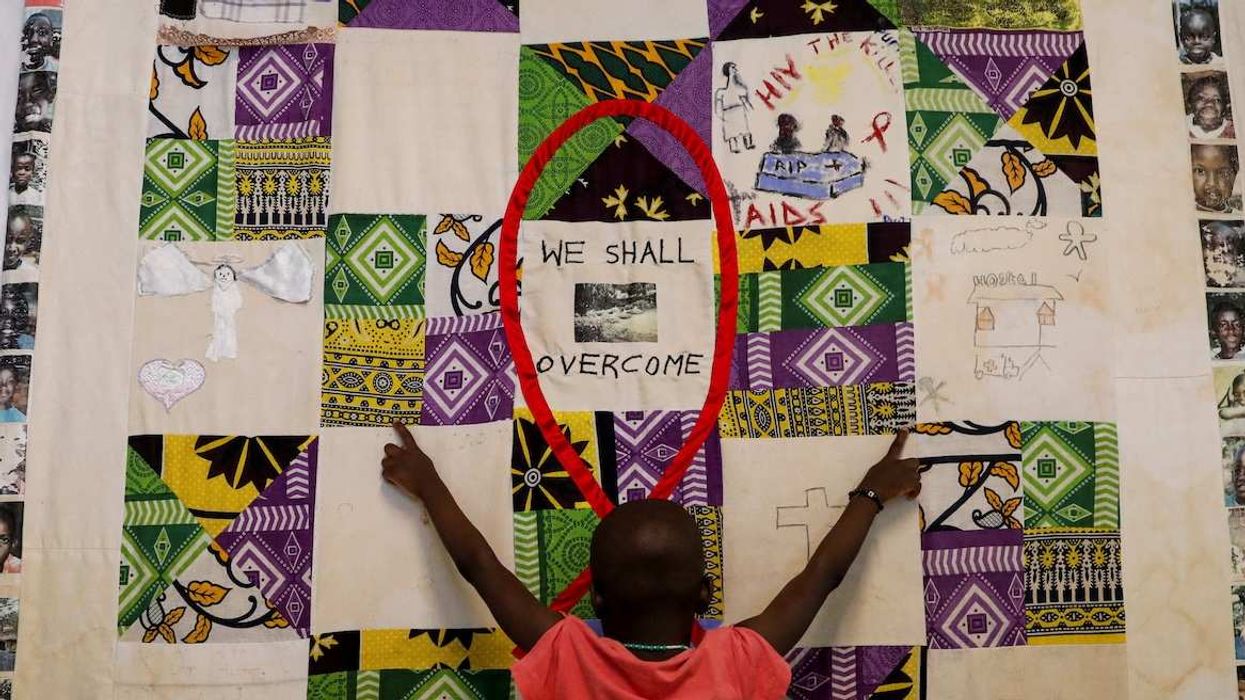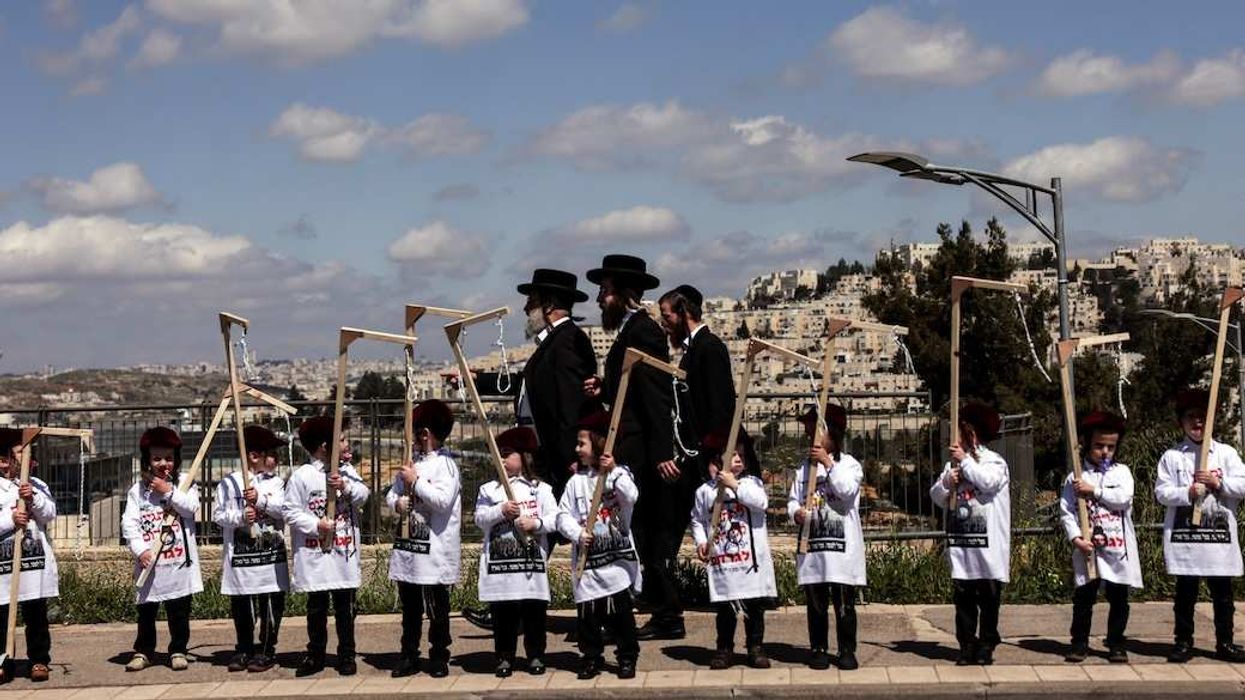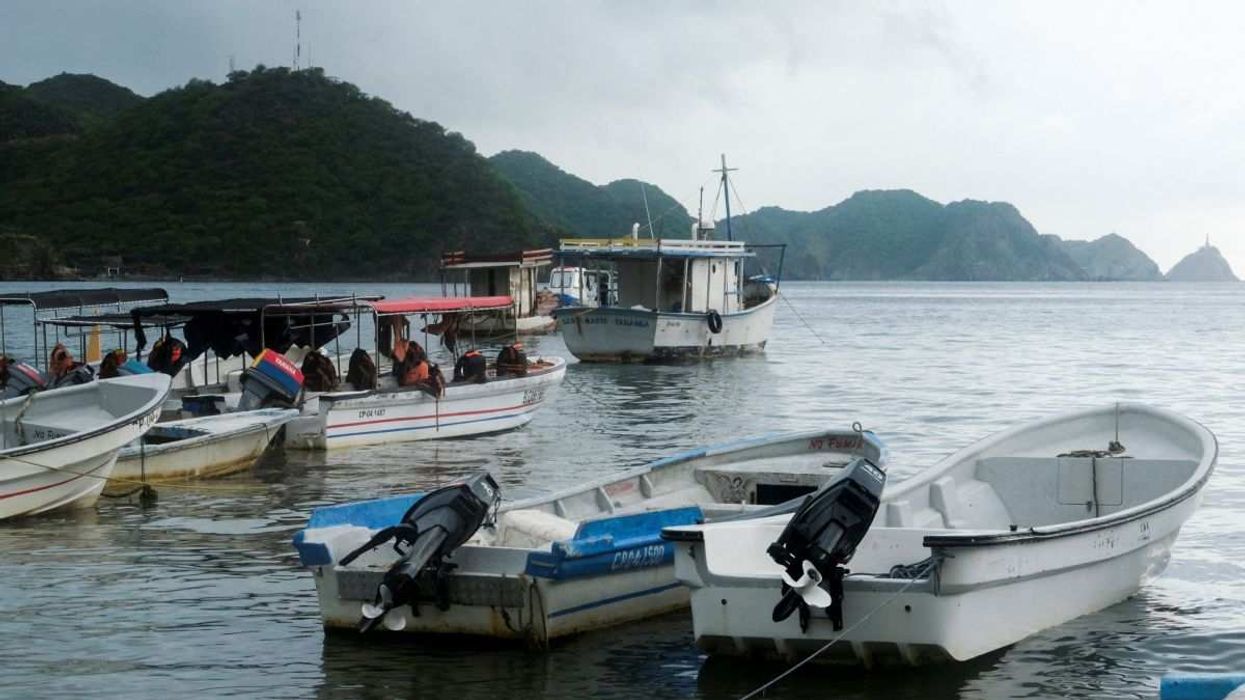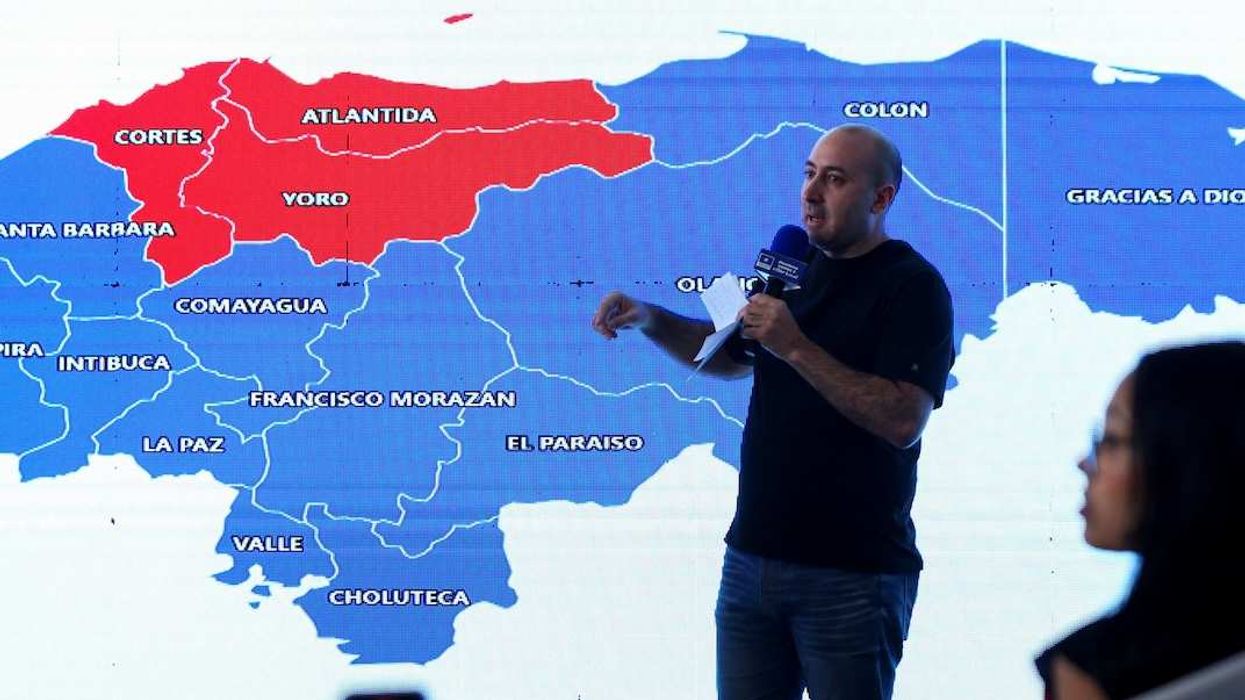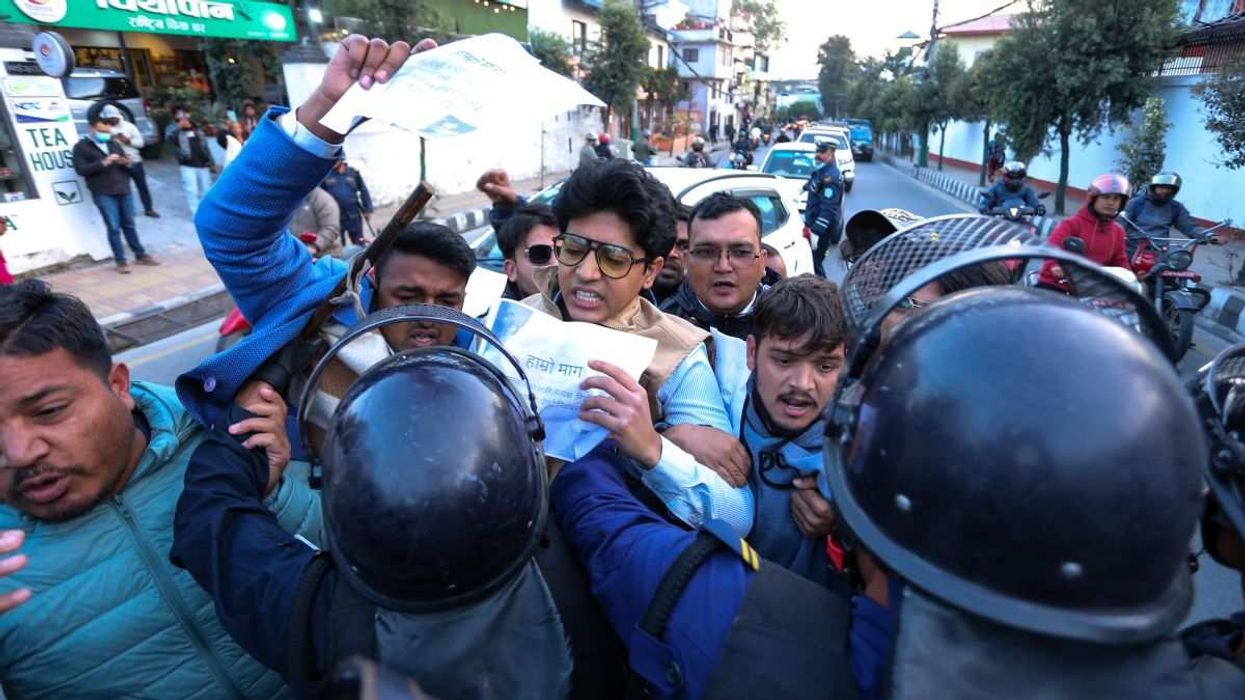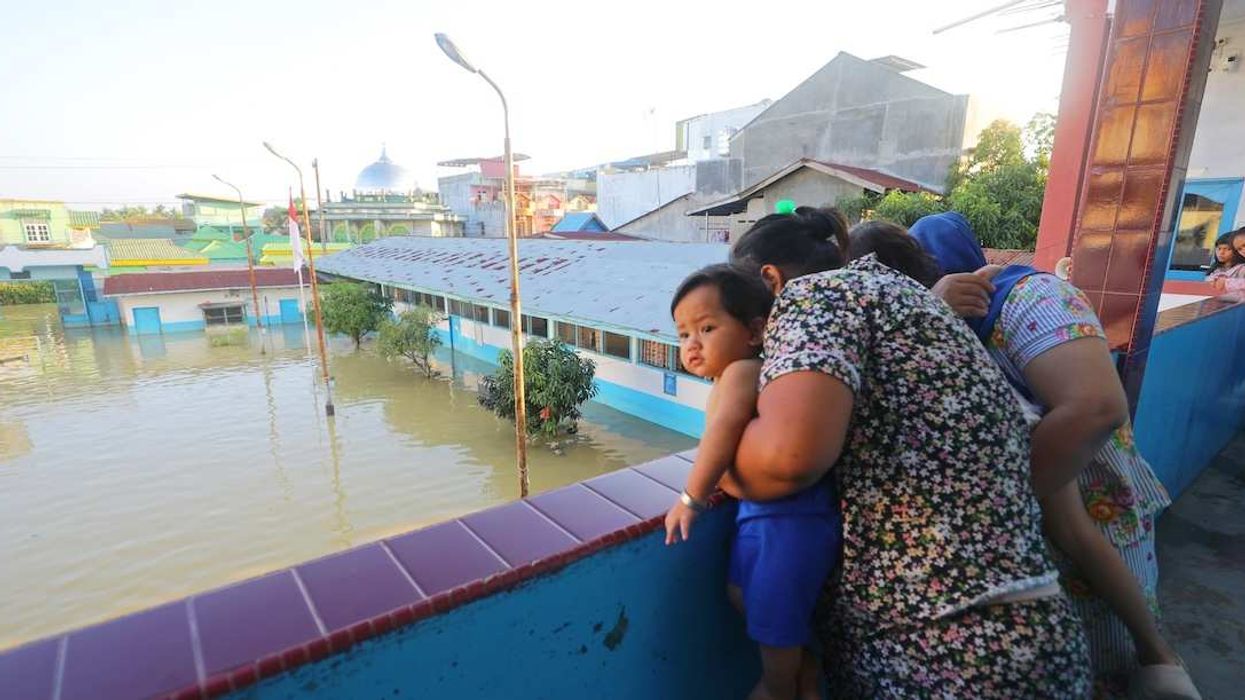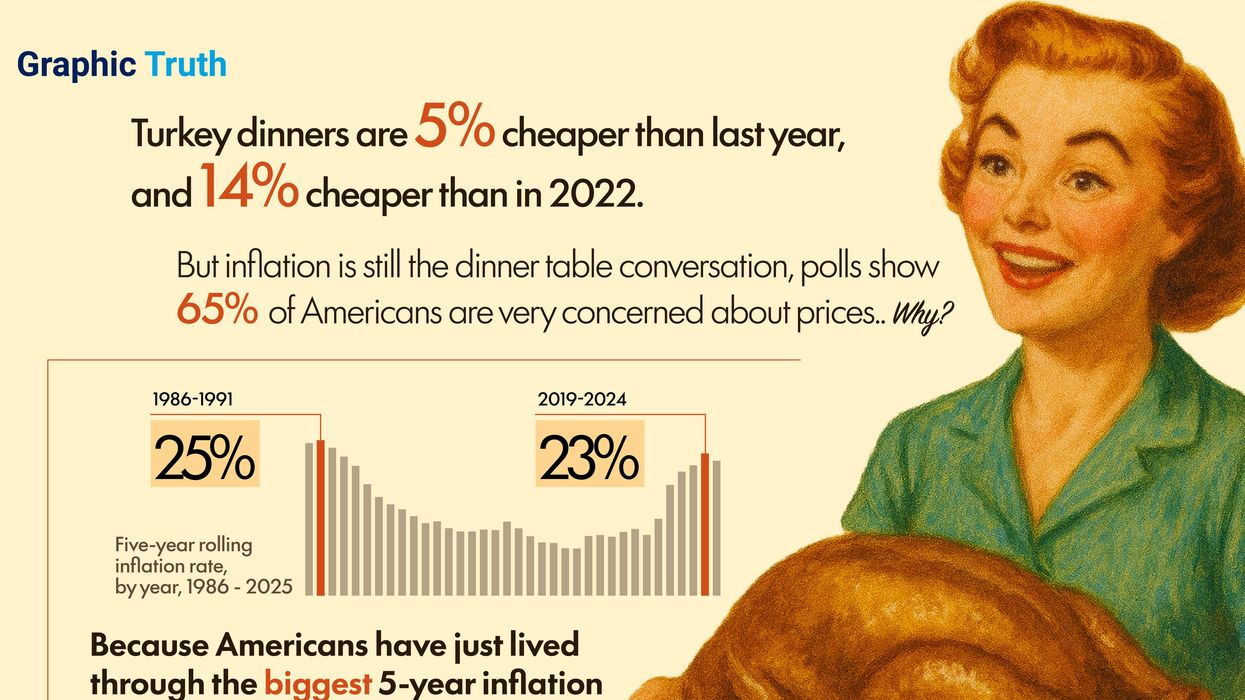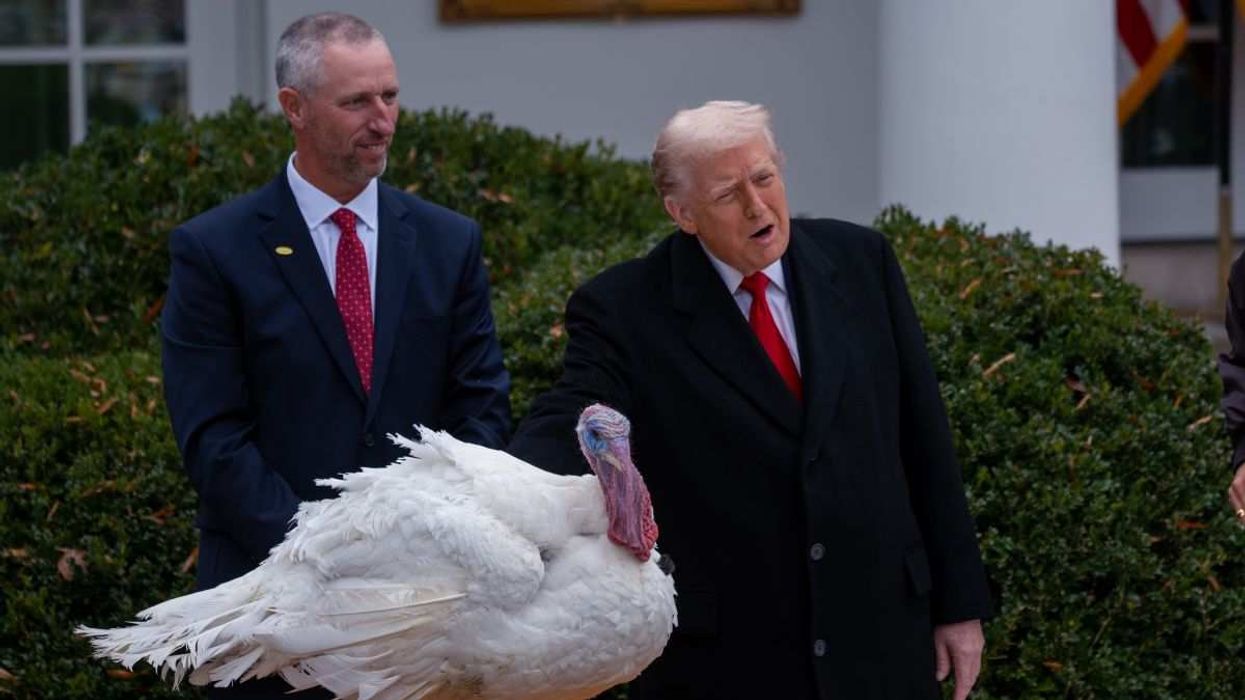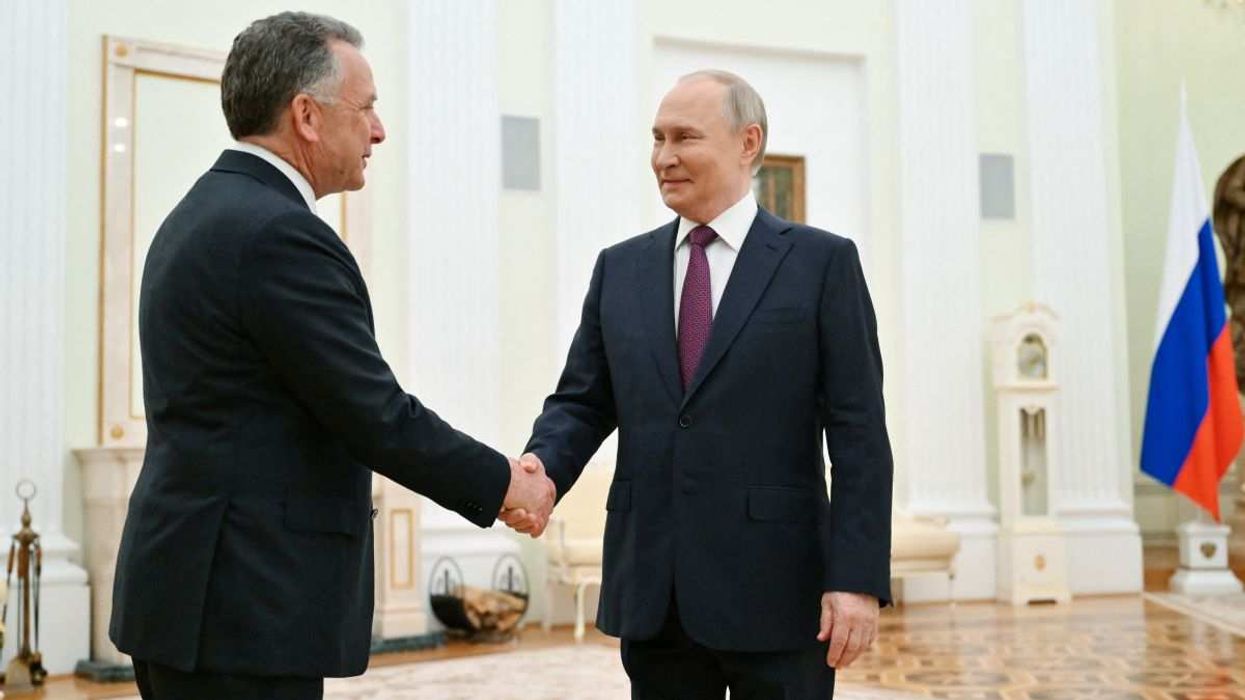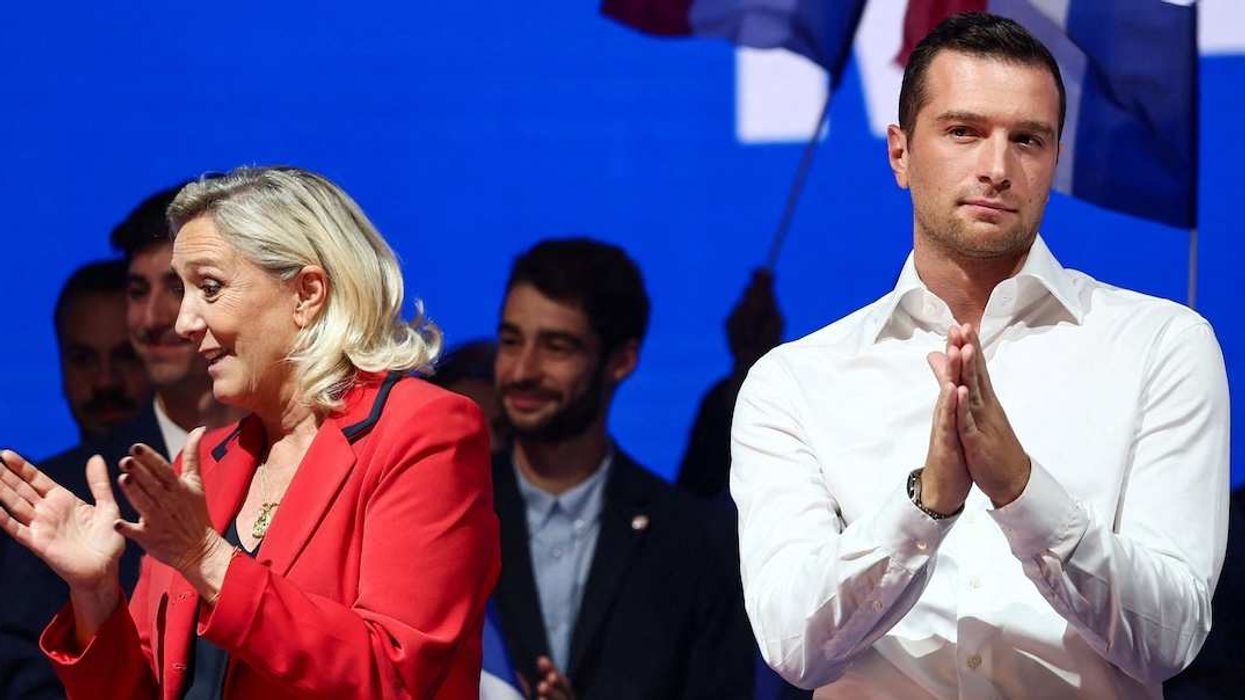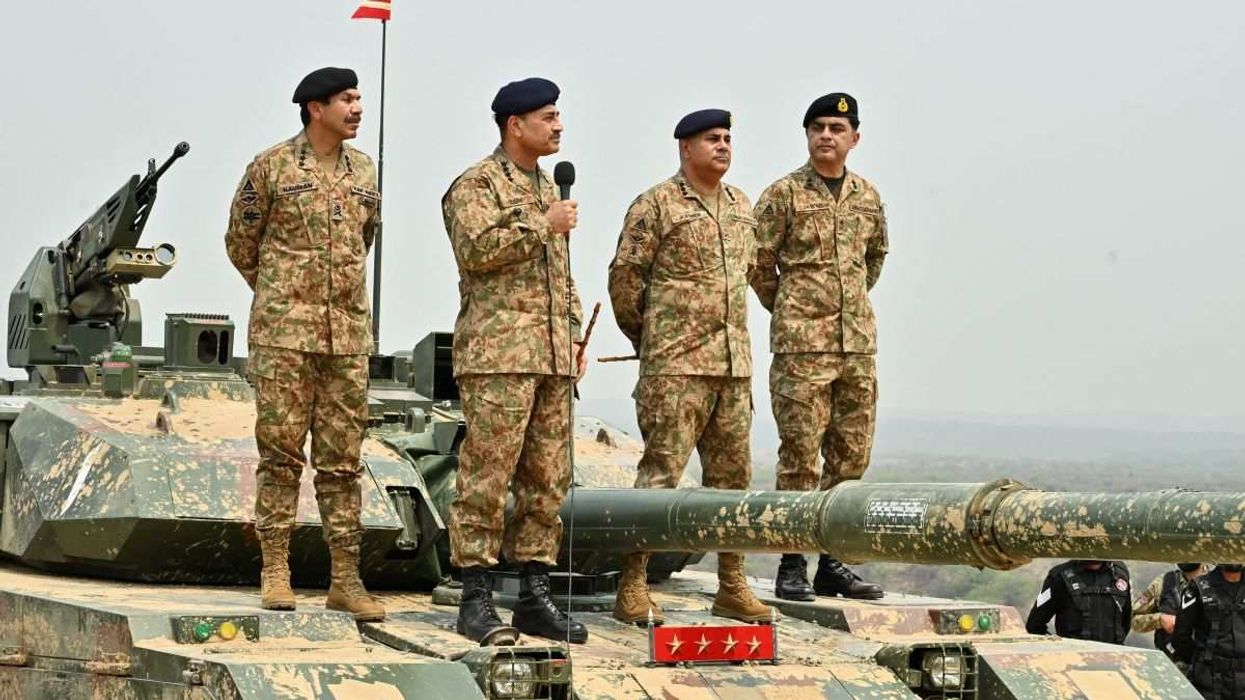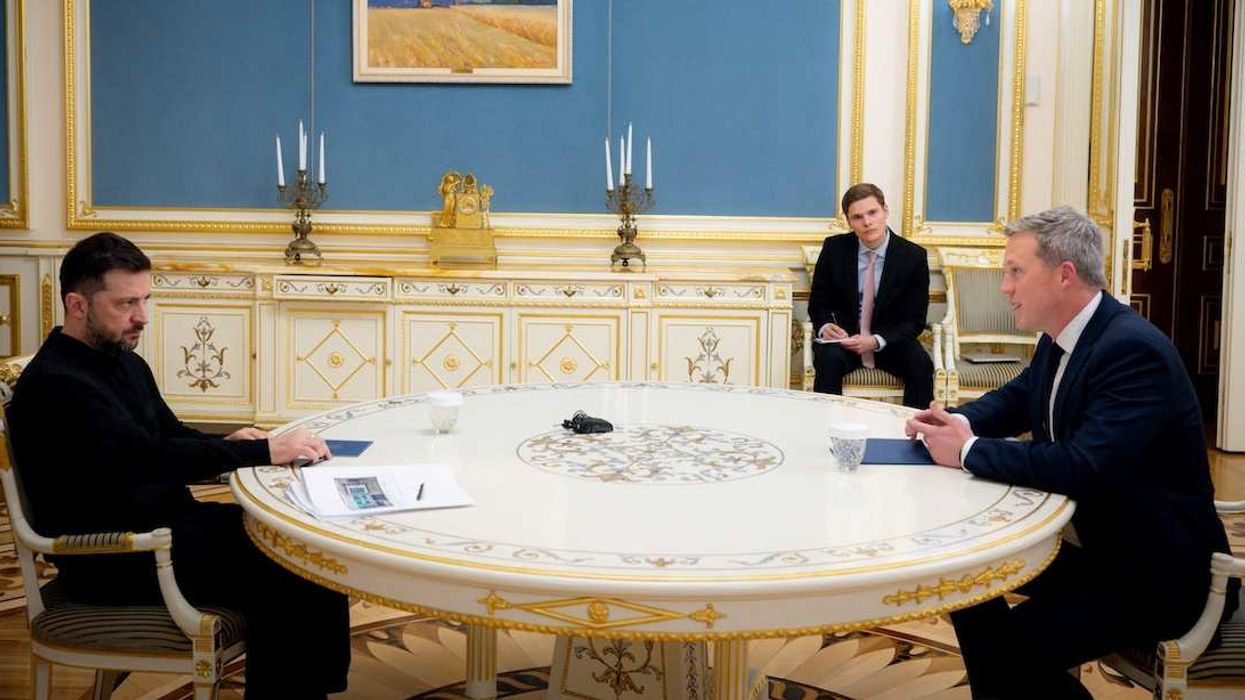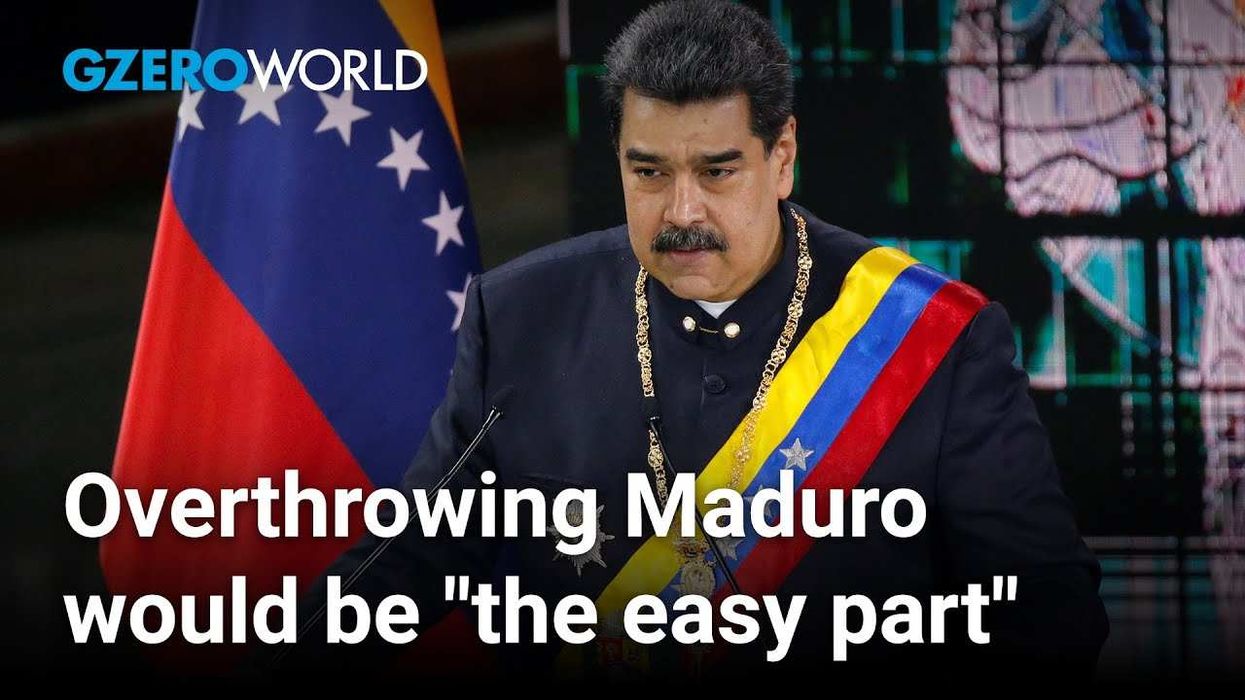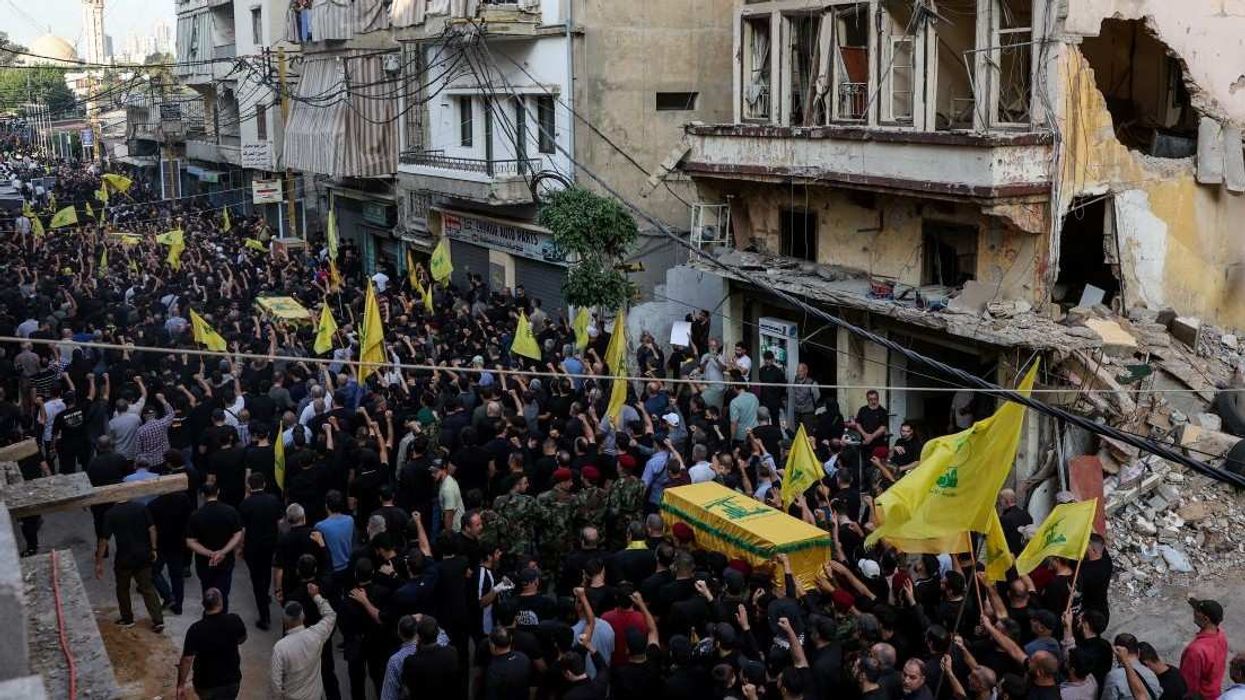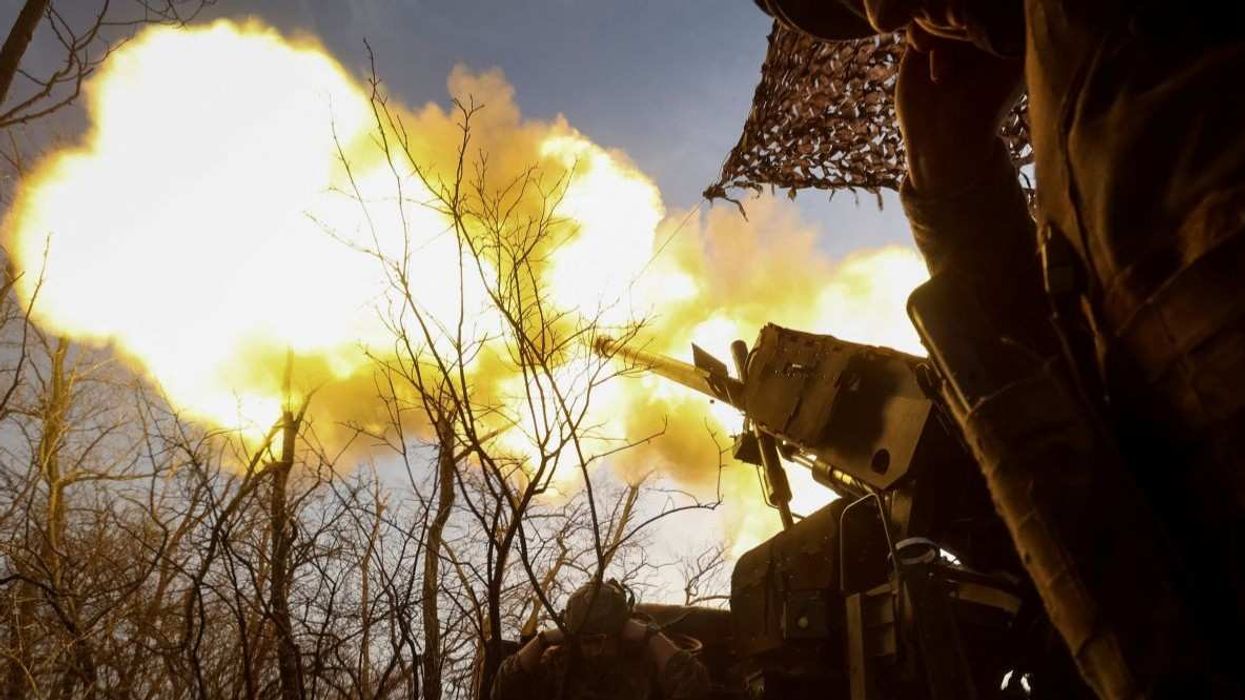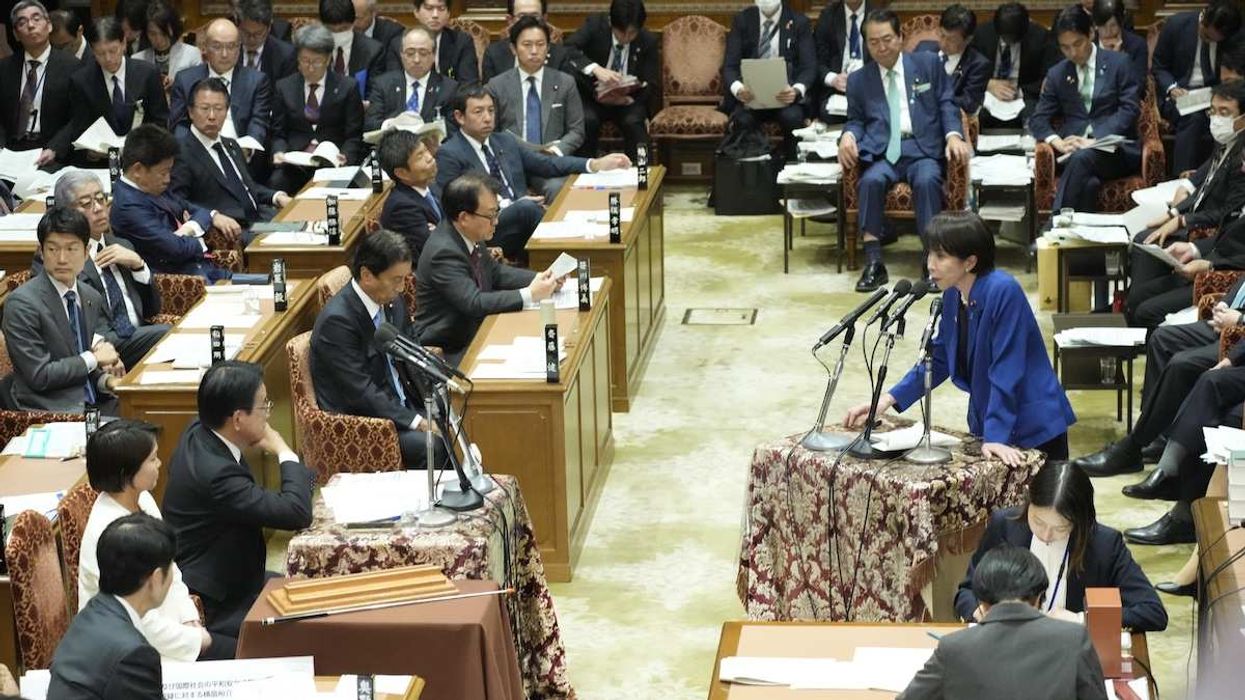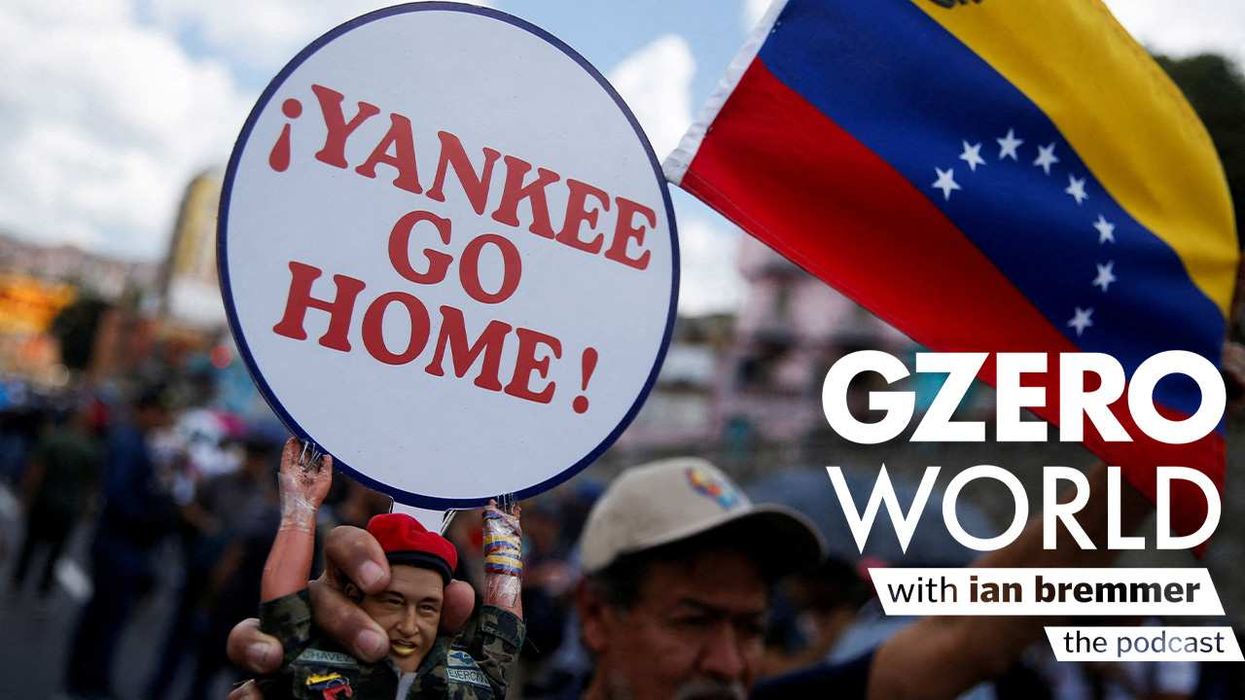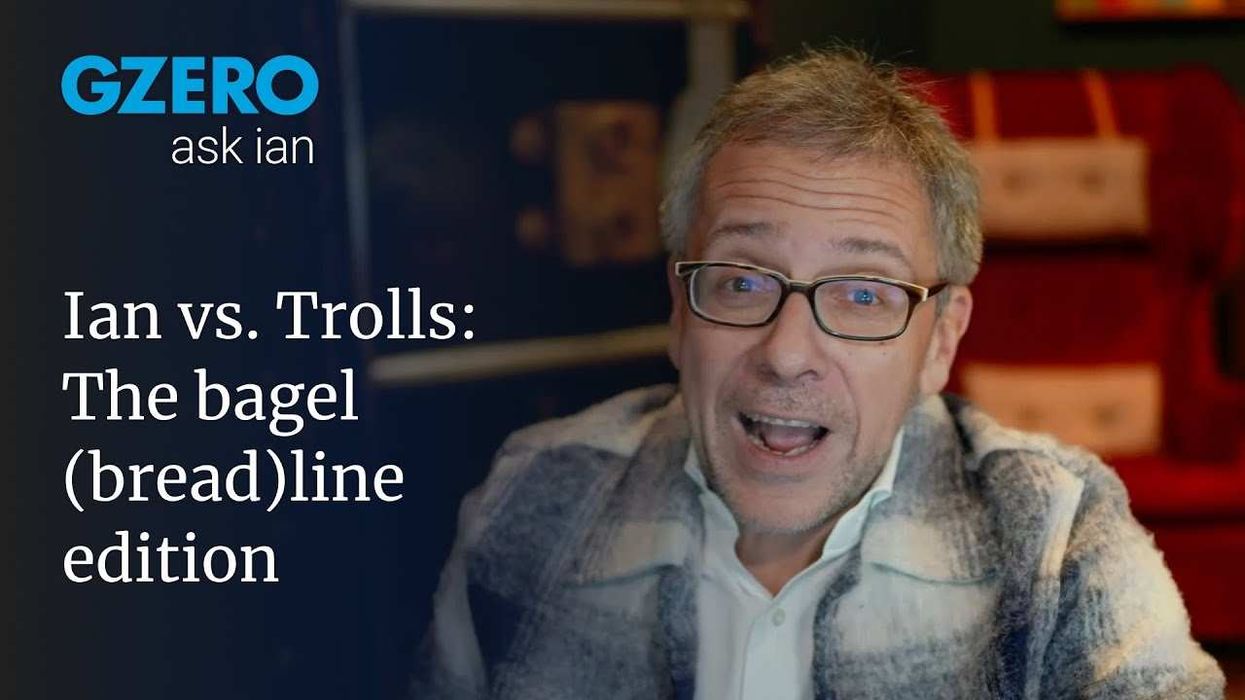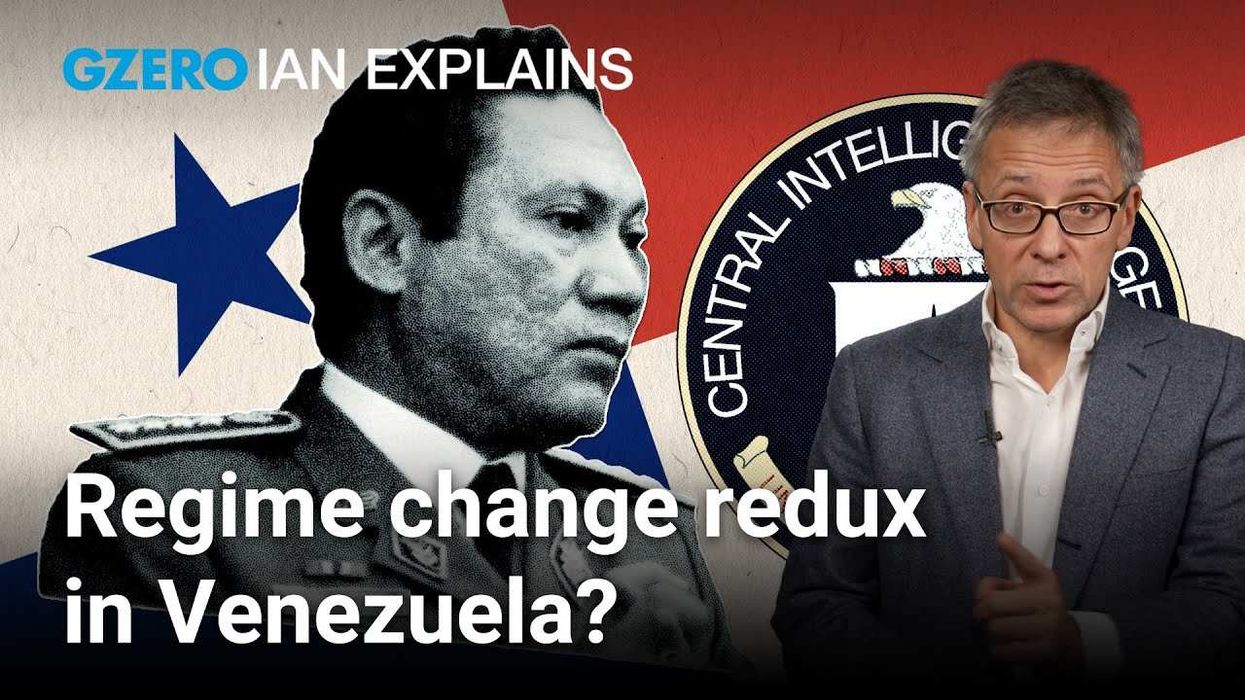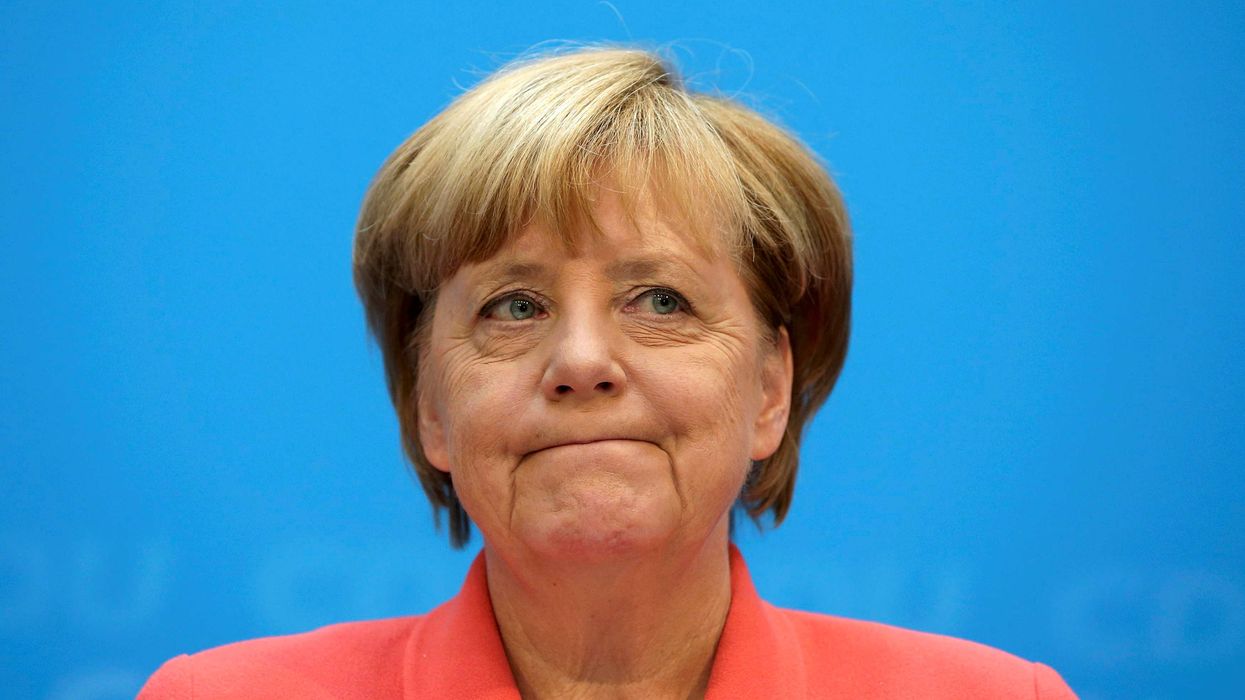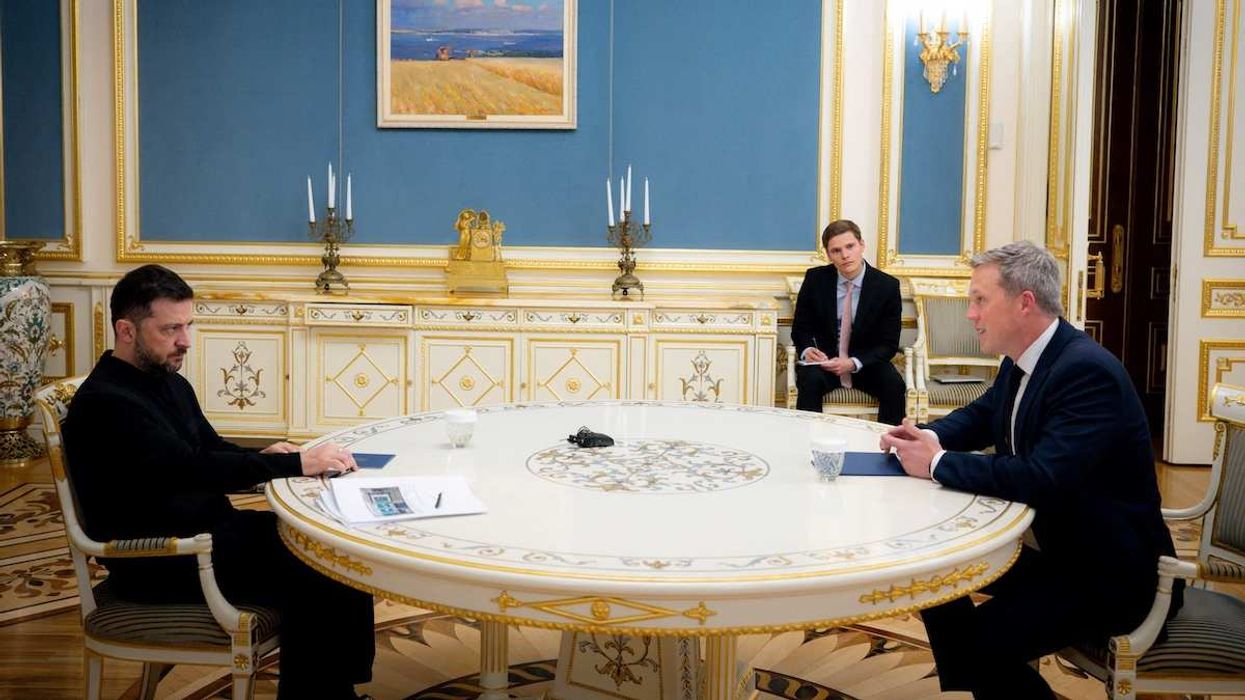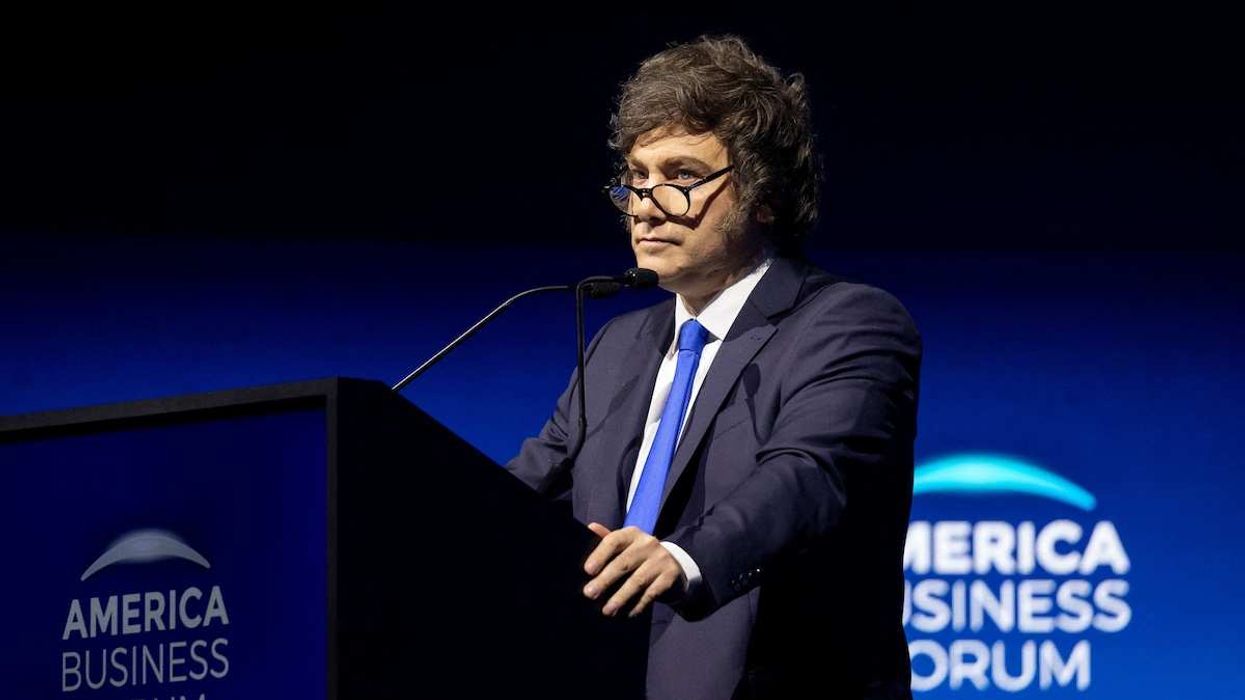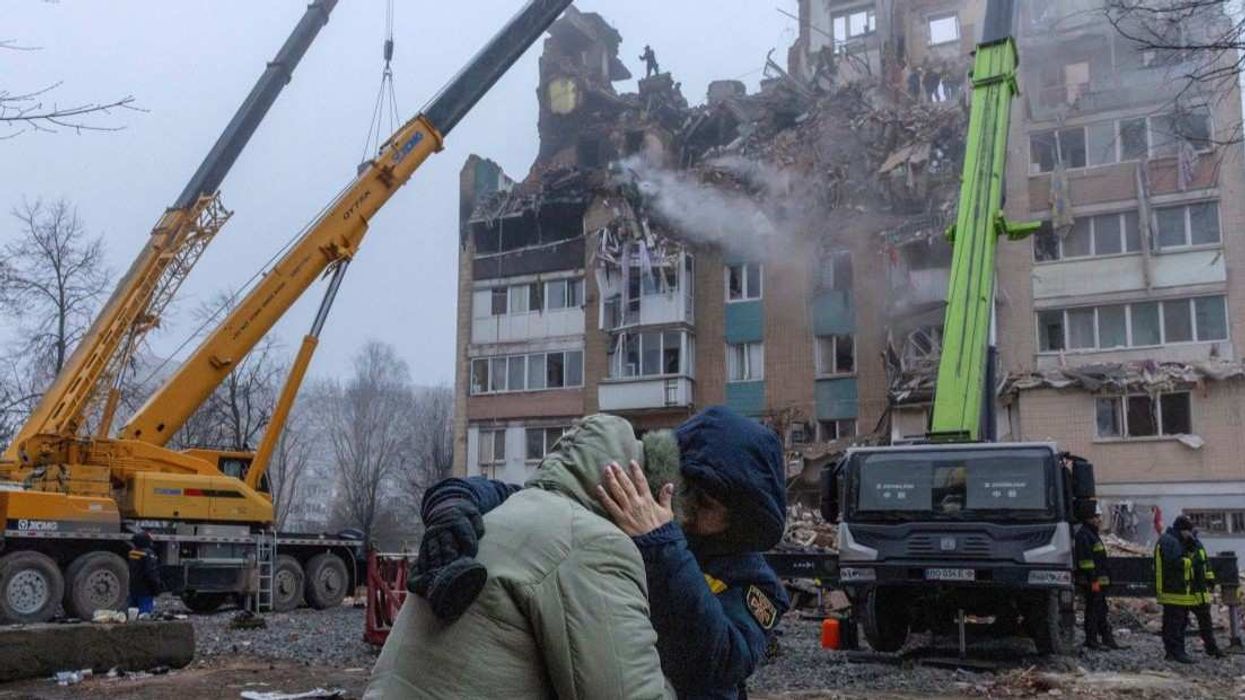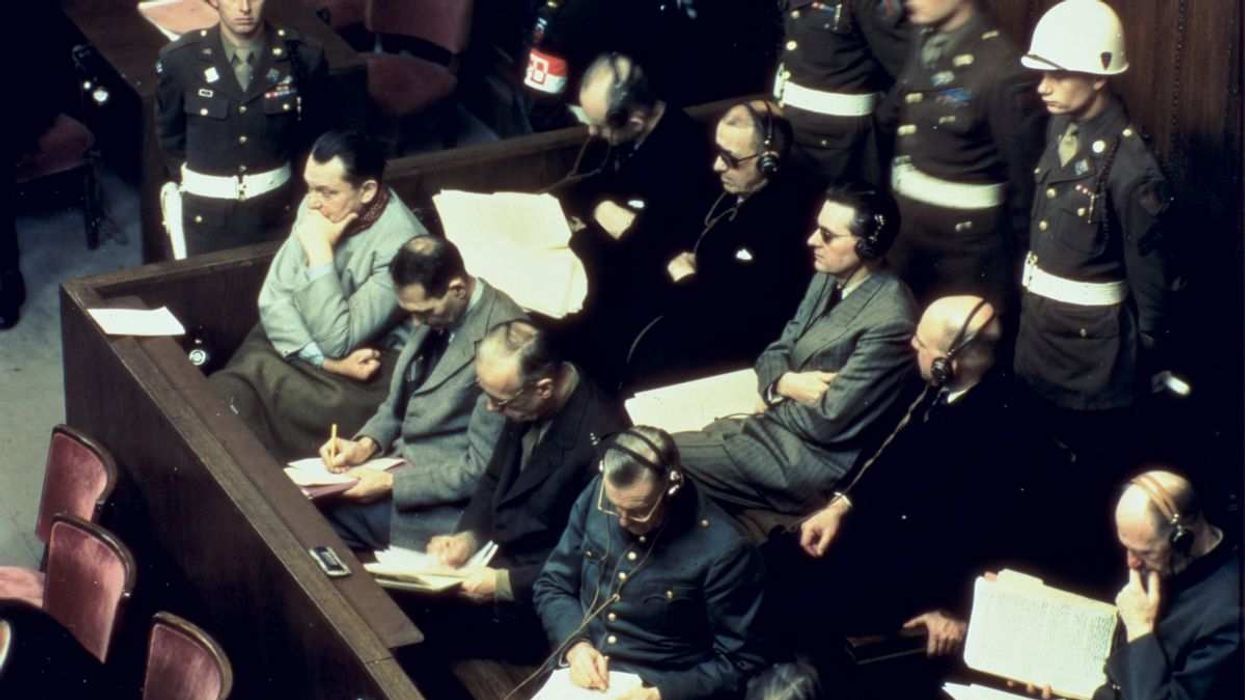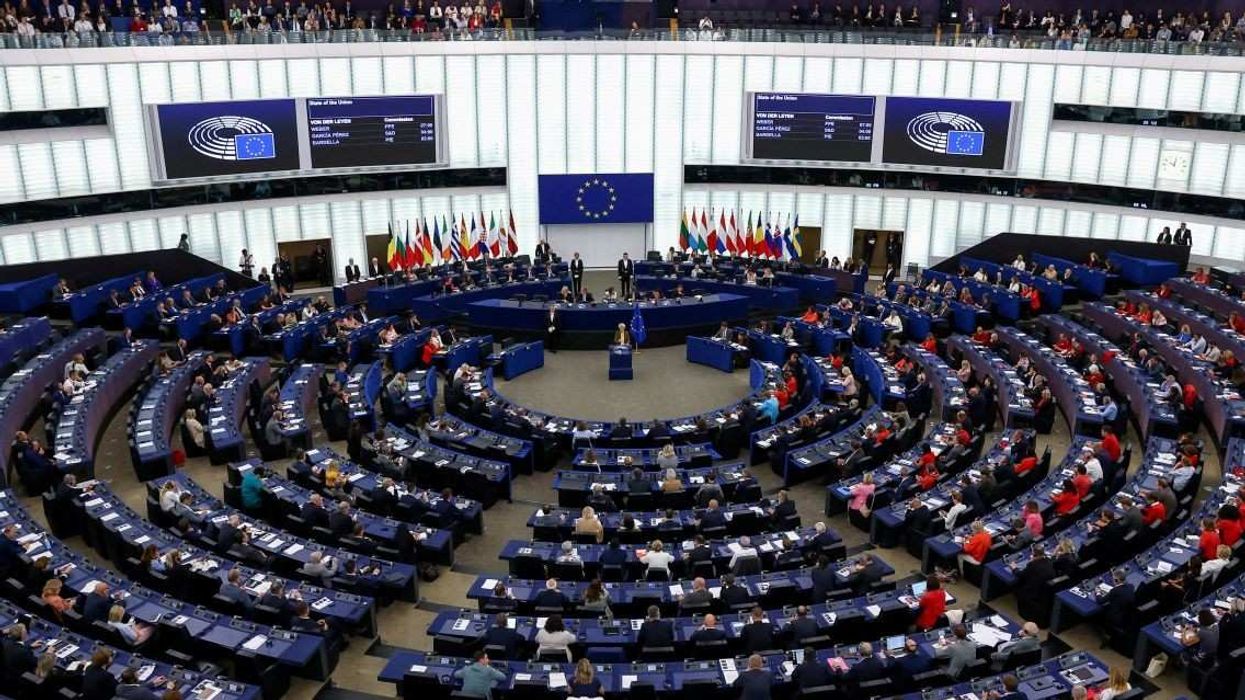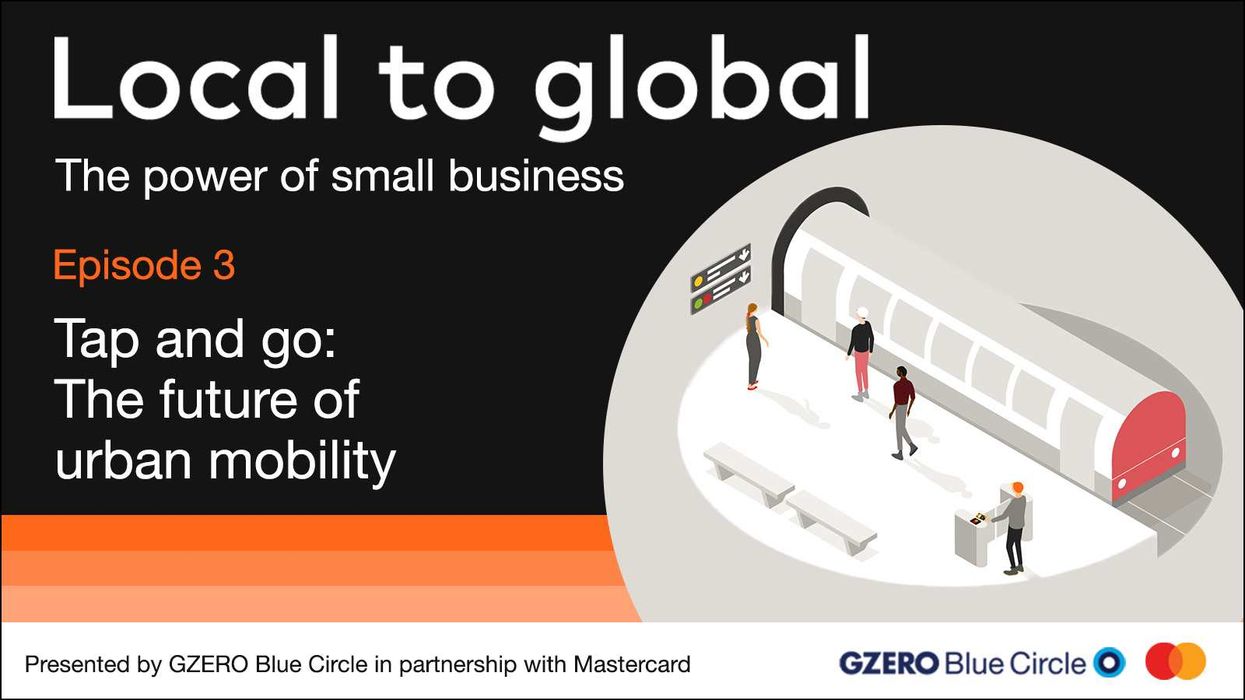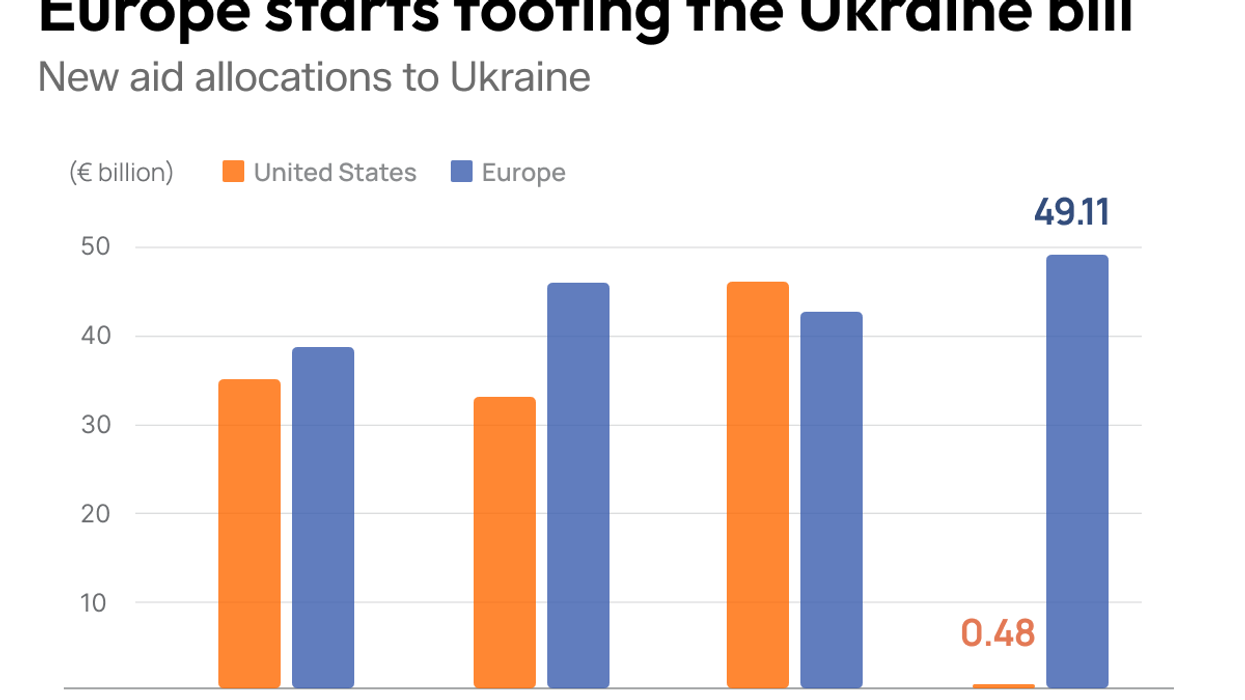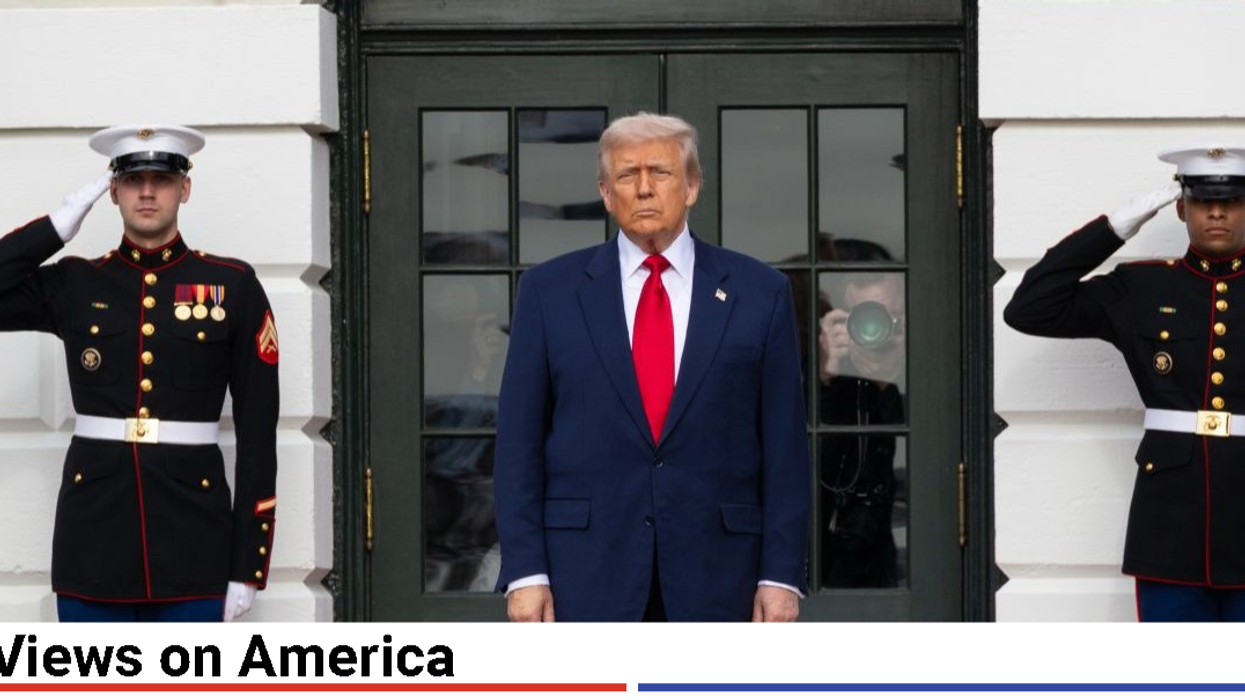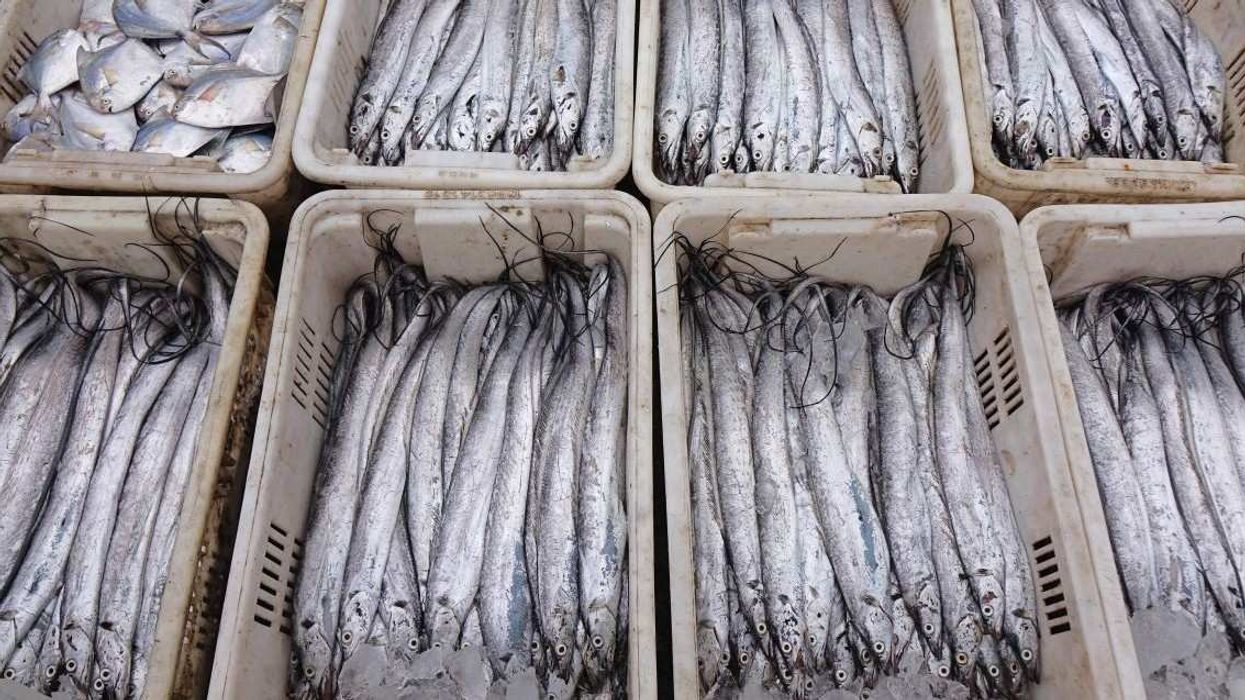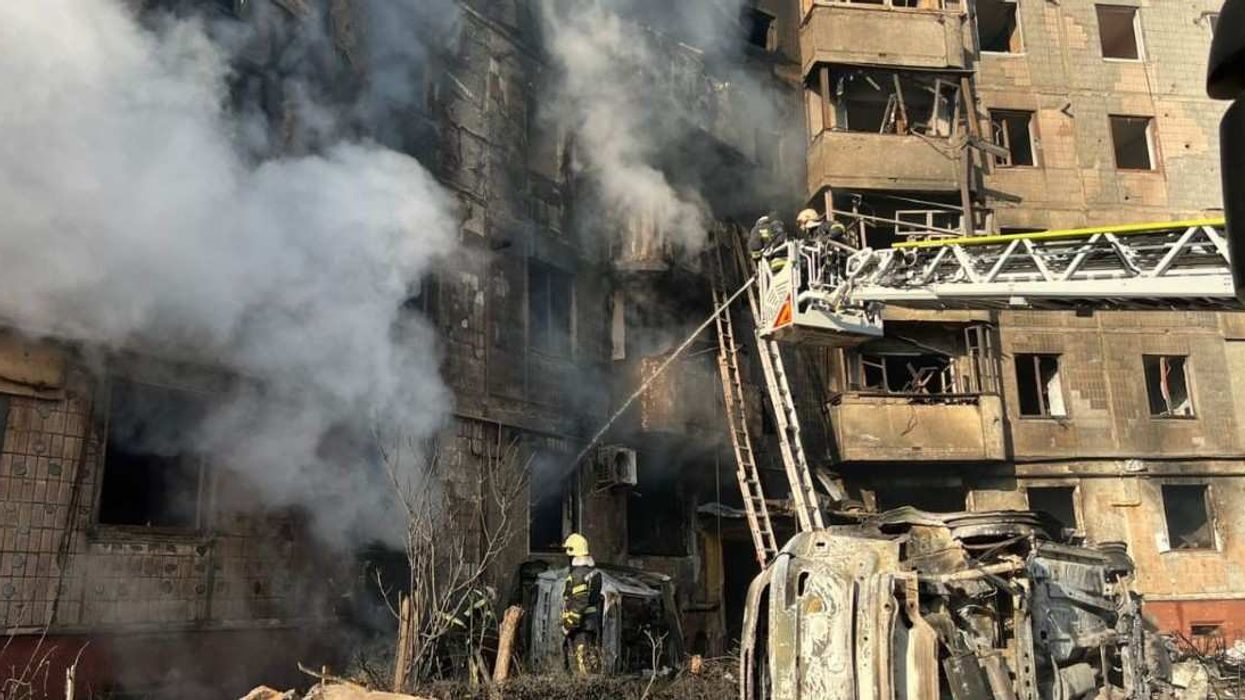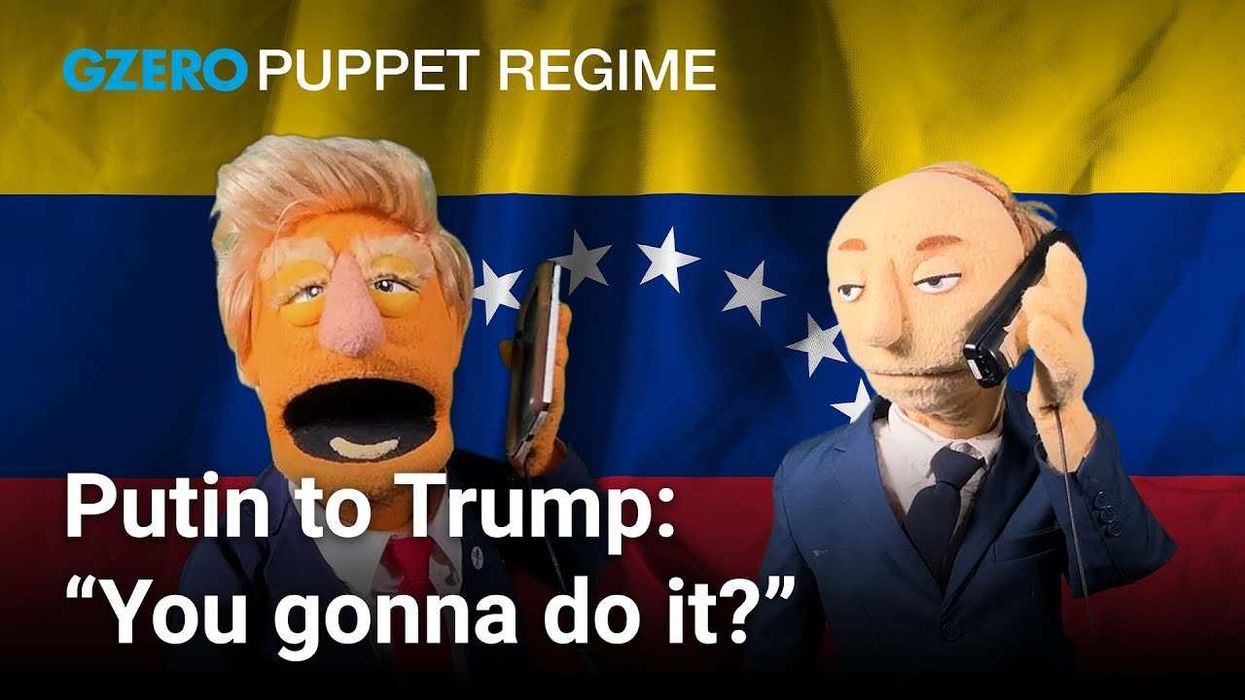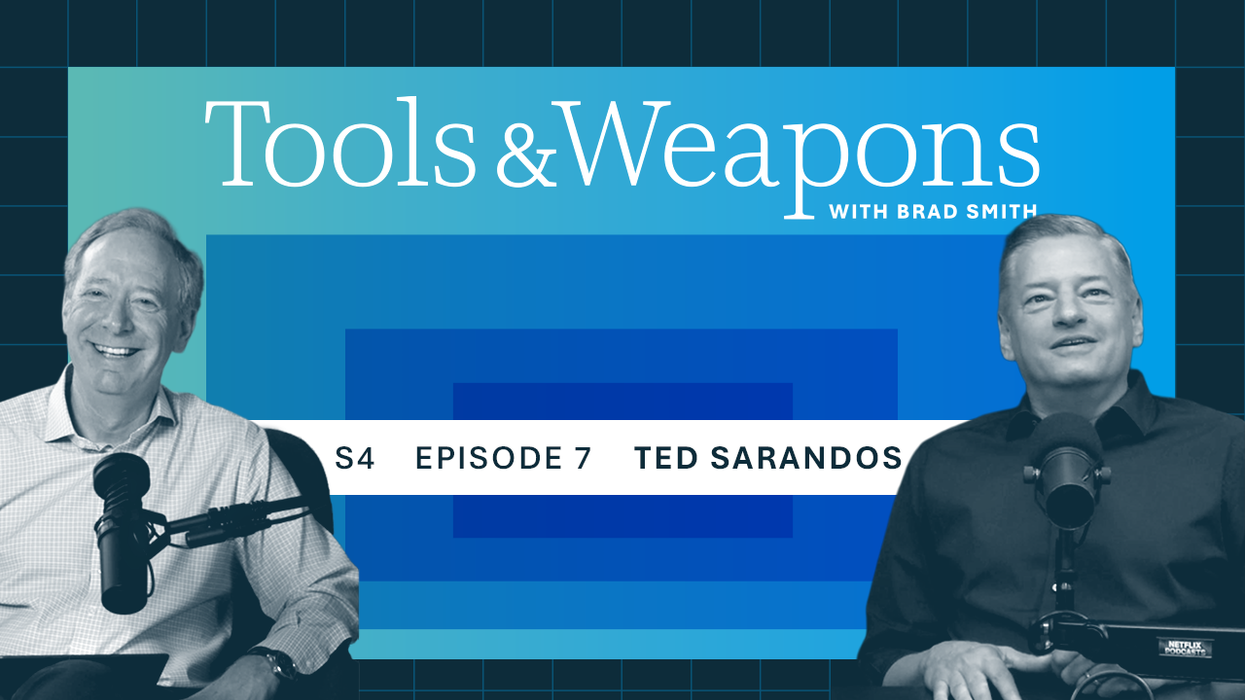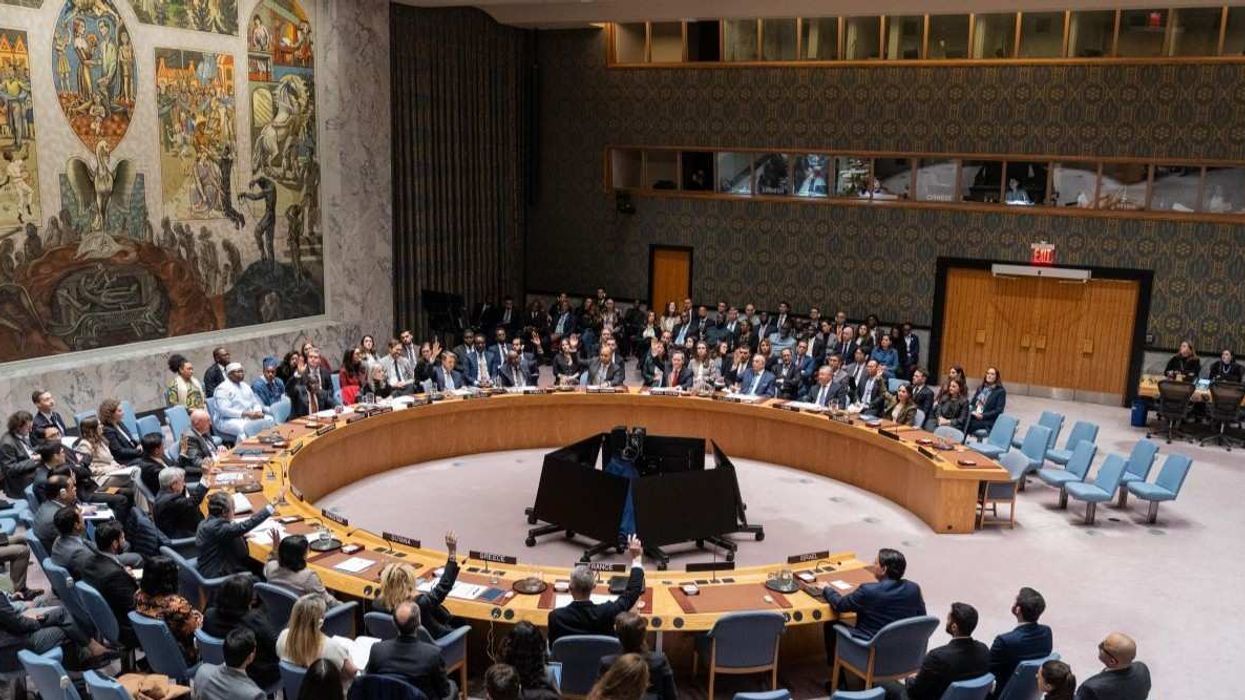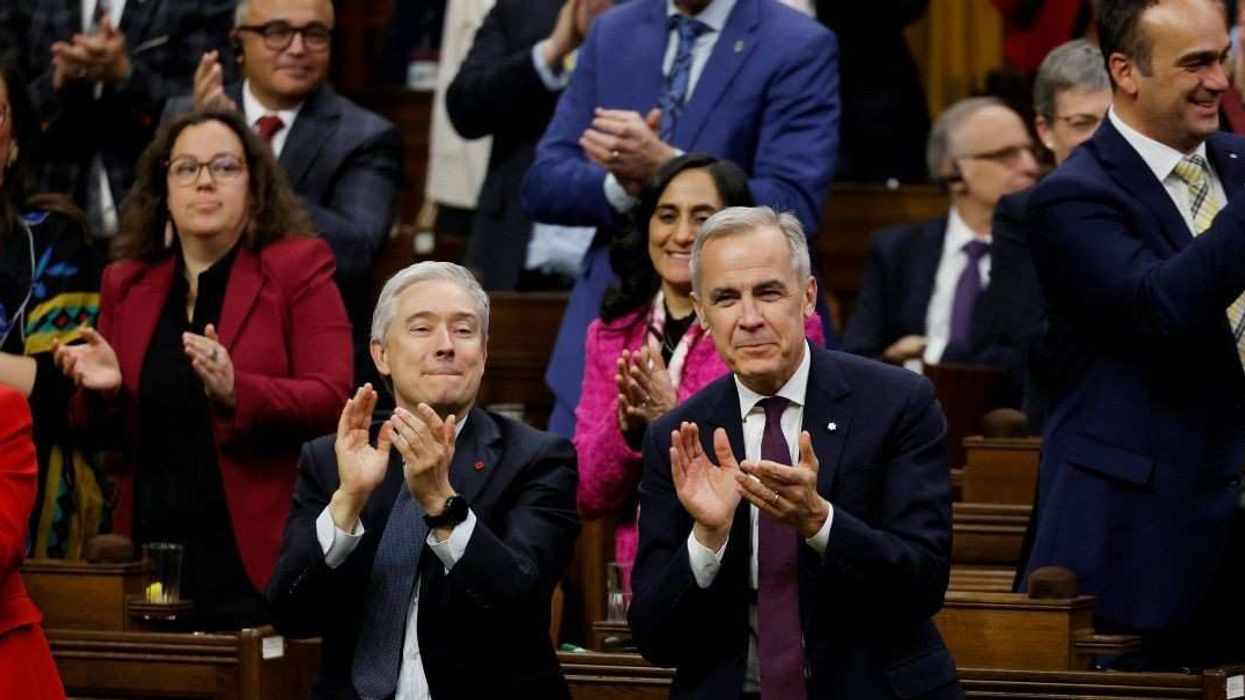VIDEOSGZERO World with Ian BremmerQuick TakePUPPET REGIMEIan ExplainsGZERO ReportsAsk IanGlobal Stage
Site Navigation
Search
Human content,
AI powered search.
Latest Stories
Start your day right!
Get latest updates and insights delivered to your inbox.
Europe
Presented by
Ian Bremmer's Quick Take:
First of all, from the global perspective, taking what we have here in New York City, obviously the biggest problem is America's leadership, America's ability to lead by example, which has been eroding now really for, you know, certainly a decade plus, but much more quickly now.
And, you know, you can say it's all about President Trump, but my view is it's a lot deeper and more structural than that. The response that we have had to coronavirus has been so divided and so divisive and the response to George Floyd and his murder. And I mean, not premeditated murder, but nonetheless, very clearly murder from this policeman with other officers standing around as witnesses. And we've now all seen the video. We've seen the transcript. We've seen nationwide demonstrations. And in literally dozens of cities across the country, we've seen violence. We've seen looting. And, you know, how do you tell other countries that America is a democracy to be emulated when this is what is happening on the ground in the United States and this level of division, this level of racial injustice, the lack of rallying around the flag?
I mean, I will say that pretty much every American understands that those police officers should be punished. I don't think there's real division on that. In fact, I saw only four percent of Americans in one poll disagreed that the police officer who was kneeling on George Floyd's neck should be let go, should go free. I mean, four percent is functionally the entire country agrees on that. But in terms of who to blame for all of this and whether the ire should be at the lockdowns or reopening the economy, should it be at Black Lives Matter or blue lives matter? Do we care more about health care workers as opposed to police officers? What are the priorities? What should they be in the United States? Does free market capitalism, as America presently employs it, function properly for the American society? Does representative democracy function properly for American society around the world? The answer is increasingly no. We would not want to import that model. What does the United States stand for? Increasingly, a lot of Americans don't know and certainly Americans don't agree.
And it's painful to see the Chinese government calling out American racism as they systematically dismantle the agreement for Hong Kong to experience autonomy and democracy in its own territory. The inability to have freedom of press, freedom of expression, freedom of dissent in Hong Kong, while the Chinese are able to say the Americans or worse. The Russians throwing doctors out of windows, the way they're treating frontline workers who are letting people know about just how much the government is lying about coronavirus and running laps around the Americans on racism. The Iranian foreign minister taking his own red pen, stealing from us a little bit. Foreign Minister Zarif, who I know very well and is one of the moderates in Iran, but nonetheless, writing about how taking Secretary of state Pompeo's words against the corruption and injustice in Iranian society and turning it around to focus on American racism.
I want to be very clear that the that the American political system as damaged, as eroded, as delegitimized as its institutions are, you cannot compare it to the lack of human rights, to the systematic corruption and the inability of citizens to have a social contract, to have a voice in Russia, in China, in Iran. You cannot compare these systems. And yet the ability of the United States, which has for decades, even centuries, promoted itself as having the system that all others should emulate, the beacon on the Hill, well, there's an awful lot of turnabout is fair play. There's an awful lot of people that are very, very happy the Americans are facing such difficulties deeply in our own society today.
And that is that is indeed very painful to see, to give such dictatorships as Russia, now, just announcing today that on July 1st, they will have their constitutional referendum where you can turn out and vote and allow Putin to be president until 2036. And why? Why even bother with the election? We know what the outcome is going to be. There's no point. They don't bother with elections widespread in China. Why bother in Russia? They don't bother. I mean, they have elections in Iran, but you can only vote for people that have already been preselected for you by the Guardians Council, by the clerics that actually do run the country in Iran. In the United States, we have an election many people say are rigged, we don't know who the next president's going to be, come November 3rd. There's a lot to play for. That's not true in these dictatorships.
There is no ability for someone like me to get online and say that we disagree with something that's happening in our country, which is, after all, what patriotism is all about in a country like the United States. It's the ability to not only love your country, but also dissent with it when people in government are doing something fundamentally wrong, that we know we disagree with. You can't do that in Russia or in China or in Iran.
The fact that so many Americans are resorting to violence because they feel like they have no opportunity. And to be clear, the looters are, of course, a very small piece of the population and they're not supported by a majority. But nonetheless, this is happening in so many places. There is so much anger. The black community in the United States is a community that not only has the highest unemployment, not only has the worst access to health care, not only has the worst treatment at the hands of police, and the greatest incarceration rates, and the lowest education levels, but also has experienced the most personal danger on the back of coronavirus, dying at much higher rates, precisely for all of those intrinsic reasons for inequality. And so, then when you see a black man killed by a police officer, videotaped by a bystander and no action taken against that officer in the court system until there are demonstrations and riots across the country, you know, something is fundamentally wrong.
Do I feel like that's going to get addressed right now? Well, it's a hell of a lot harder to for it to be addressed when we're experiencing the first depression of our lifetimes, when unemployment is at 25%, when over 40 million Americans have declared themselves newly unemployed in the past two months and when we're going to experience six to eight percent economic contraction, this year. In other words, bad time for a crisis. Bad time for this kind of social discontent. Bad time for the most divisive president in my lifetime. Bad time for an election in the United States. We'll get through it.
And for people that say it's scary, I certainly have to say I don't think it's scary. And of course, that's part of the problem. It's not scary for me because people in the knowledge economy have our jobs safe. We don't have to worry about where the next paycheck is coming from. We don't have to worry about our own safety. No one is coming after me on the streets right now or coming at my house right now, which in a sense makes it worse. It's precisely the fact that it's not actually a scary time for the average American. It's a scary time for the underclass and the working class who have been forgotten by the political leaders and the elites for decades now. And if those of us that are in the elites can't recognize that, admit that and do something about it, it is only going to get worse.
So, I mean, for all of those that say, oh, you criticize the United States, you can leave. No, that's kind of the whole point. It's the reason that someone like me would never leave is because the opportunities that have been afforded to me have been so extraordinary. It truly is the American dream. It has been the best country in the world. And yet those opportunities, all the kids I grew up with in the projects didn't have them, didn't have the mother who pushed them and did everything possible, and they're still there. And today, the opportunities that I had 40 years ago, a lot of kids even in my position, would have a much harder time today. The inequality is a lot greater.
So, I mean, it's not about someone like me going to Canada. I love it here. It's fantastic for me in the United States and it's not getting any worse in an environment of coronavirus, and depression and race riots. But it is for so many hundreds of thousands and millions of Americans in this society today. And it's getting worse for them. It's going to get a lot worse for them.
So, I hope that's something to think about. I'll certainly, as long as I have a platform, I'll certainly keep talking about it. And I hope that makes me more of a patron, not less. I think it does. I think my mother would think that. And always happy to hear your comments. I hope everyone's doing well. Fight the good fight. Avoid people, wear masks. Please if you're going to protest, socially distance, right? Yes, I do care about that because the pandemic is still out there. It's a lot worse if you are indoors than you're outdoors. So, I guess from that perspective, you know, maybe the outdoor protests won't lead to so many super spreader events. Those will mostly come from churches and the rest. But I mean, we do have to remember, you got to walk and chew gum at the same time. You got to deal with an economic crisis, a social crisis and a health crisis. None of them are going away. And we got to keep that in mind. See you guys, very soon.
Keep reading...Show less
More from Europe
It’s official: Trump wants a weaker European Union
December 10, 2025
The power of sports
December 10, 2025
Japan’s leader has had a tricky start. But the public loves her.
December 10, 2025
What’s Good Wednesdays™, December 10, 2025
December 10, 2025
Walmart's $350 billion commitment to American jobs
December 10, 2025
Tools and Weapons – In Conversation with Ed Policy
December 09, 2025
Honduras awaits election results, but will they be believed?
December 09, 2025
Geoffrey Hinton on how humanity can survive AI
December 09, 2025
ask ian
Dec 08, 2025
Quick Take
Dec 08, 2025
Egypt’s Undemocratic Election - And Why the West doesn’t care
December 08, 2025
GZERO World with Ian Bremmer
Dec 08, 2025
Anatomy of a Scam
December 06, 2025
The human cost of AI, with Geoffrey Hinton
December 06, 2025
Ian Explains
Dec 05, 2025
The genocide no one talks about any more
December 05, 2025
Freelance Producer- Broadcast and Digital Video
December 05, 2025
You vs. the News: A Weekly News Quiz - December 5, 2025
December 05, 2025
Why won’t the right unite in Western Europe?
December 04, 2025
The Ukraine peace push is failing. Here's why.
December 03, 2025
The AI economy takes shape
December 03, 2025
Then & Now: Can Haiti's government hold an election?
December 03, 2025
What’s Good Wednesdays™, December 3, 2025
December 03, 2025
Walmart's $350 billion commitment to American jobs
December 03, 2025
Trump, Russia, and a deal Ukraine can’t accept
December 02, 2025
What’s next for Zelensky?
December 02, 2025
Trump threatens regime change in Venezuela
December 02, 2025
Tools and Weapons – In Conversation with Ed Policy
December 01, 2025
The kids are not alright
December 01, 2025
Puppet Regime
Nov 29, 2025
Turkeys reject Trump's pardon
November 26, 2025
Graphic Truth: Turkey is cheaper, but inflation still gobbles
November 26, 2025
Five stories to be thankful for
November 26, 2025
Bolsonaro reacts as Trump scraps Brazil tariffs
November 25, 2025
Pakistan slides deeper into autocracy
November 25, 2025
Is Trump’s trade strategy backfiring abroad?
November 25, 2025
Toppling Maduro would be "the easy part" says former Ambassador
November 25, 2025
Tools and Weapons – In Conversation with Ed Policy
November 24, 2025
Europe divided as US pushes Ukraine-Russia peace deal
November 24, 2025
Japan-China spat over Taiwan escalates
November 24, 2025
Anatomy of a Scam
November 24, 2025
Could the US really invade Venezuela?
November 24, 2025
Gaming out a US-Venezuela war with ambassador James Story
November 22, 2025
Trump, Zelensky, and Putin discuss Ukraine peace deal
November 21, 2025
Ian stands in line for a bagel, the internet melts down
November 21, 2025
Could the US pull another Panama in Venezuela?
November 21, 2025
20 years after Merkel, men still hold most top offices
November 21, 2025
You vs. the News: A Weekly News Quiz
November 21, 2025
Three issues dividing the EU right now
November 20, 2025
Tap and go: The future of urban mobility
November 20, 2025
Trump’s risky Venezuela strategy, explained
November 19, 2025
Graphic Truth: Europe tries to fill US void in Ukraine funding
November 19, 2025
The AI economy takes shape
November 19, 2025
A Trump Doctrine of heavy footsteps and many levers
November 19, 2025
GZERO Europe
Nov 19, 2025
Putin wants Trump to DO IT
November 18, 2025
The Debrief
Nov 18, 2025
Tools and Weapons – In Conversation with Ted Sarandos
November 18, 2025
Walmart's $350 billion commitment to American jobs
November 18, 2025
Canada’s government survives budget vote
November 18, 2025
GZERO Series
GZERO Daily: our free newsletter about global politics
Keep up with what’s going on around the world - and why it matters.
